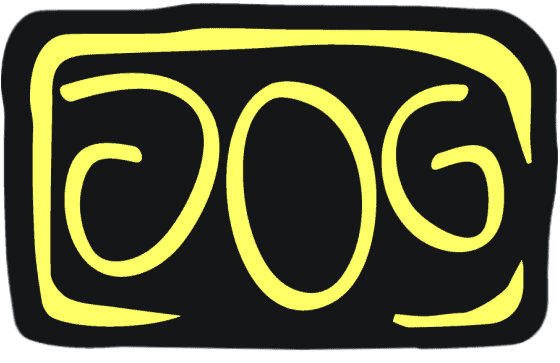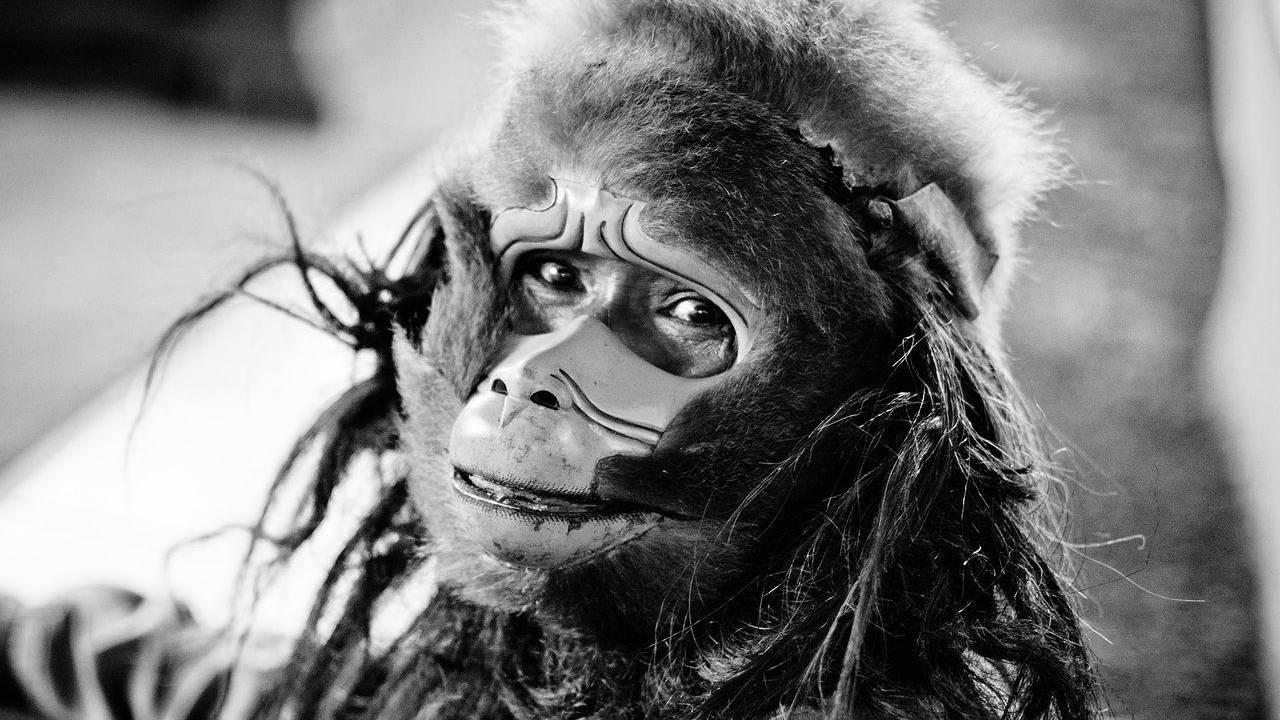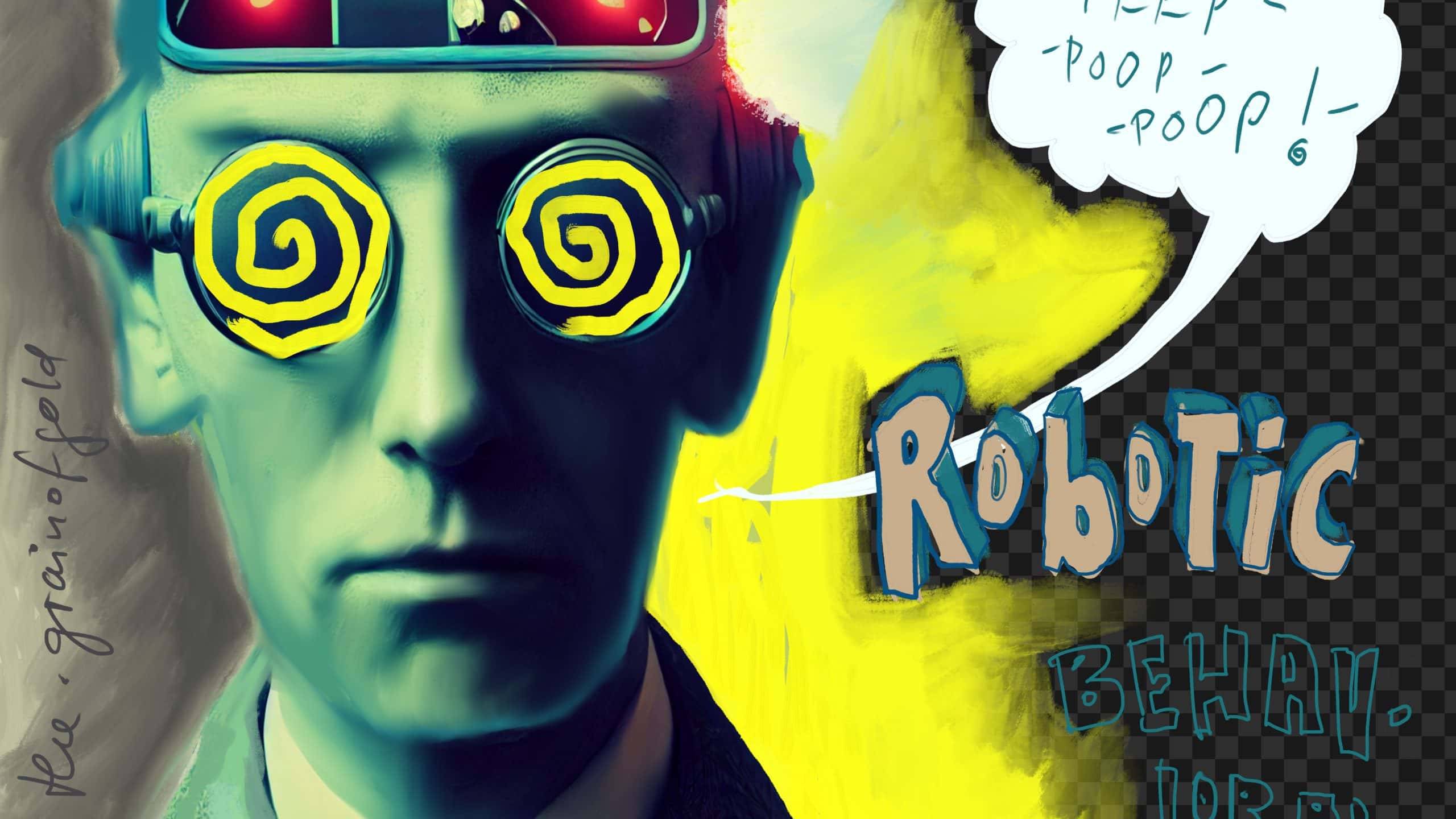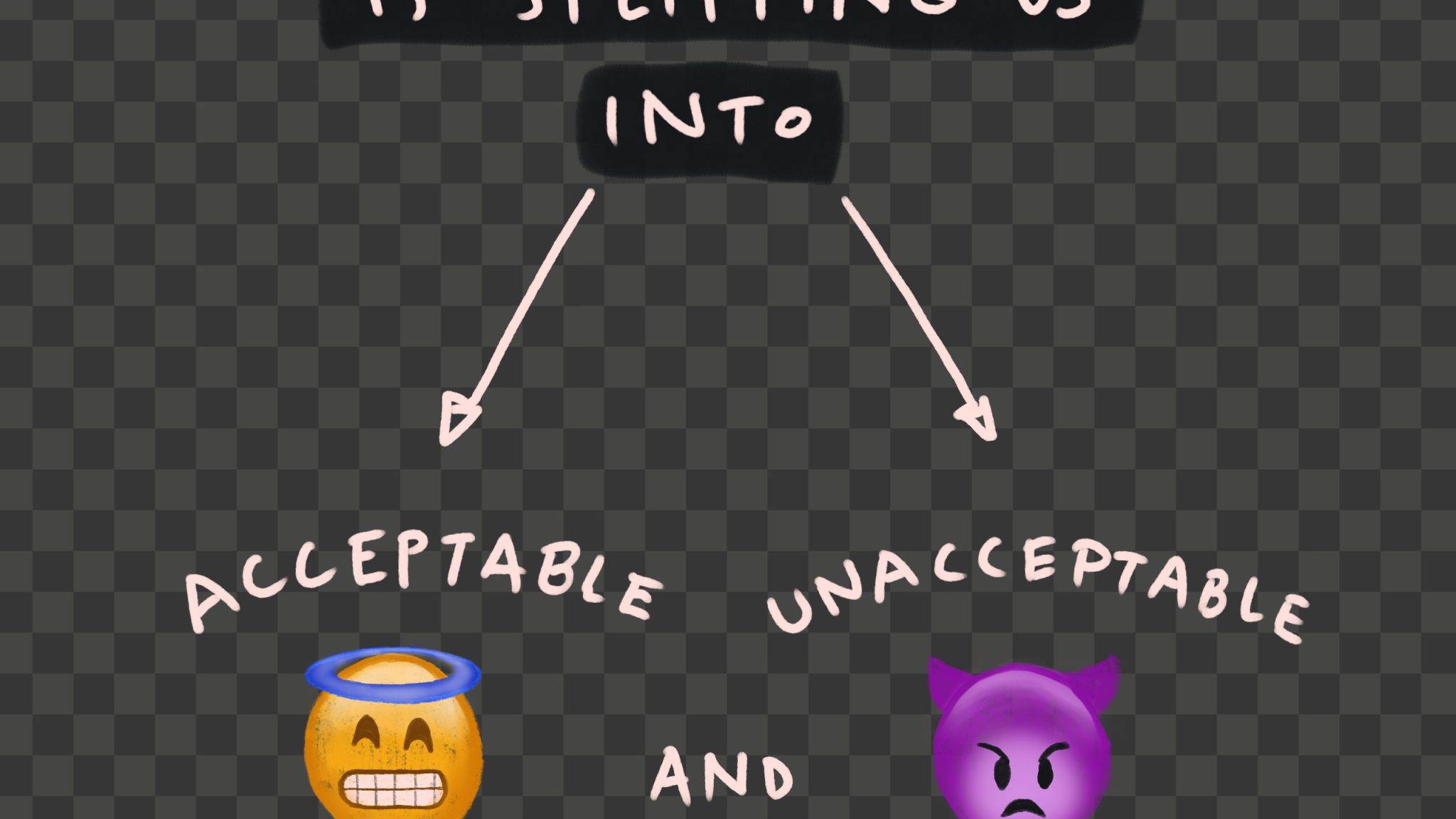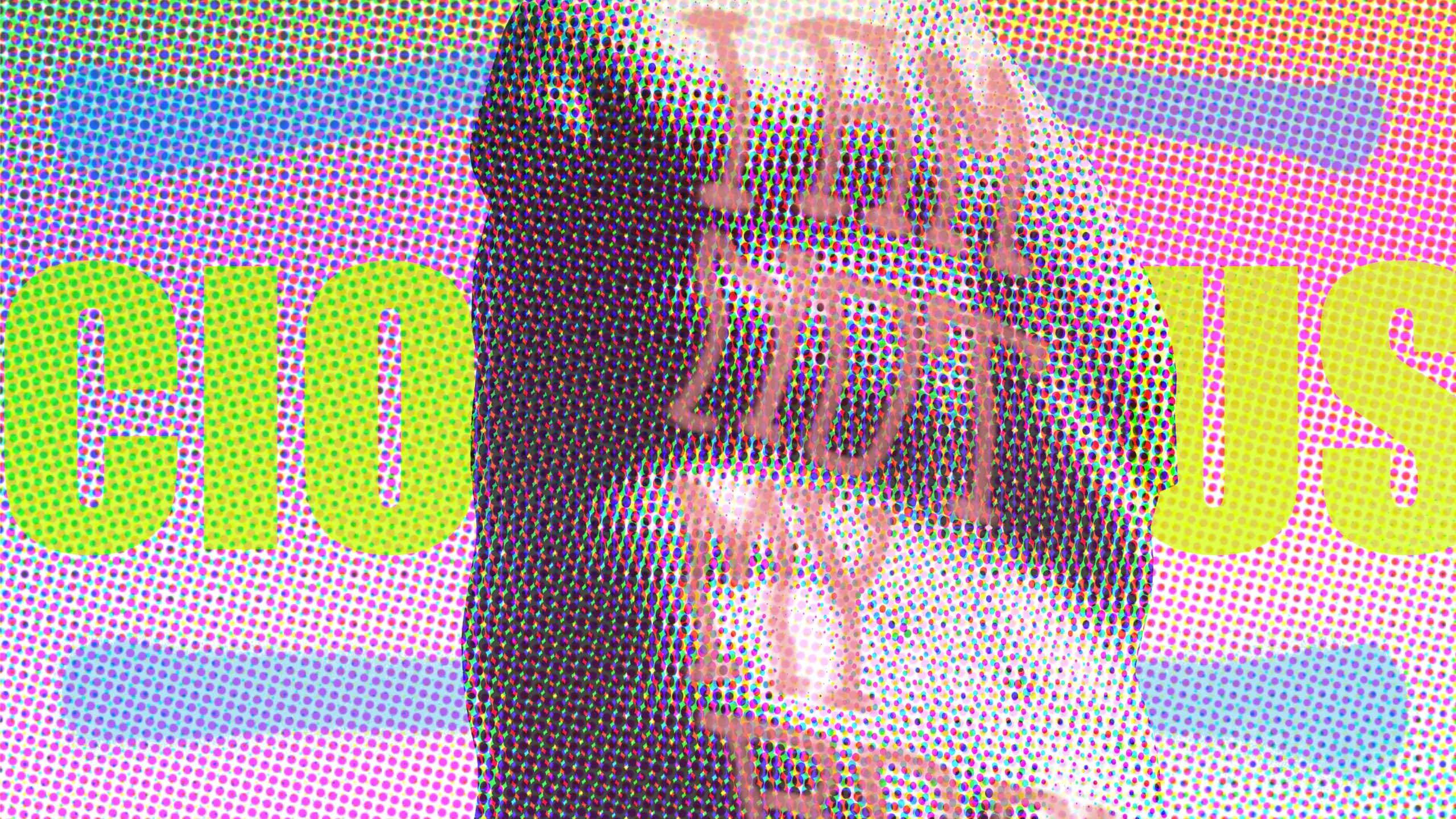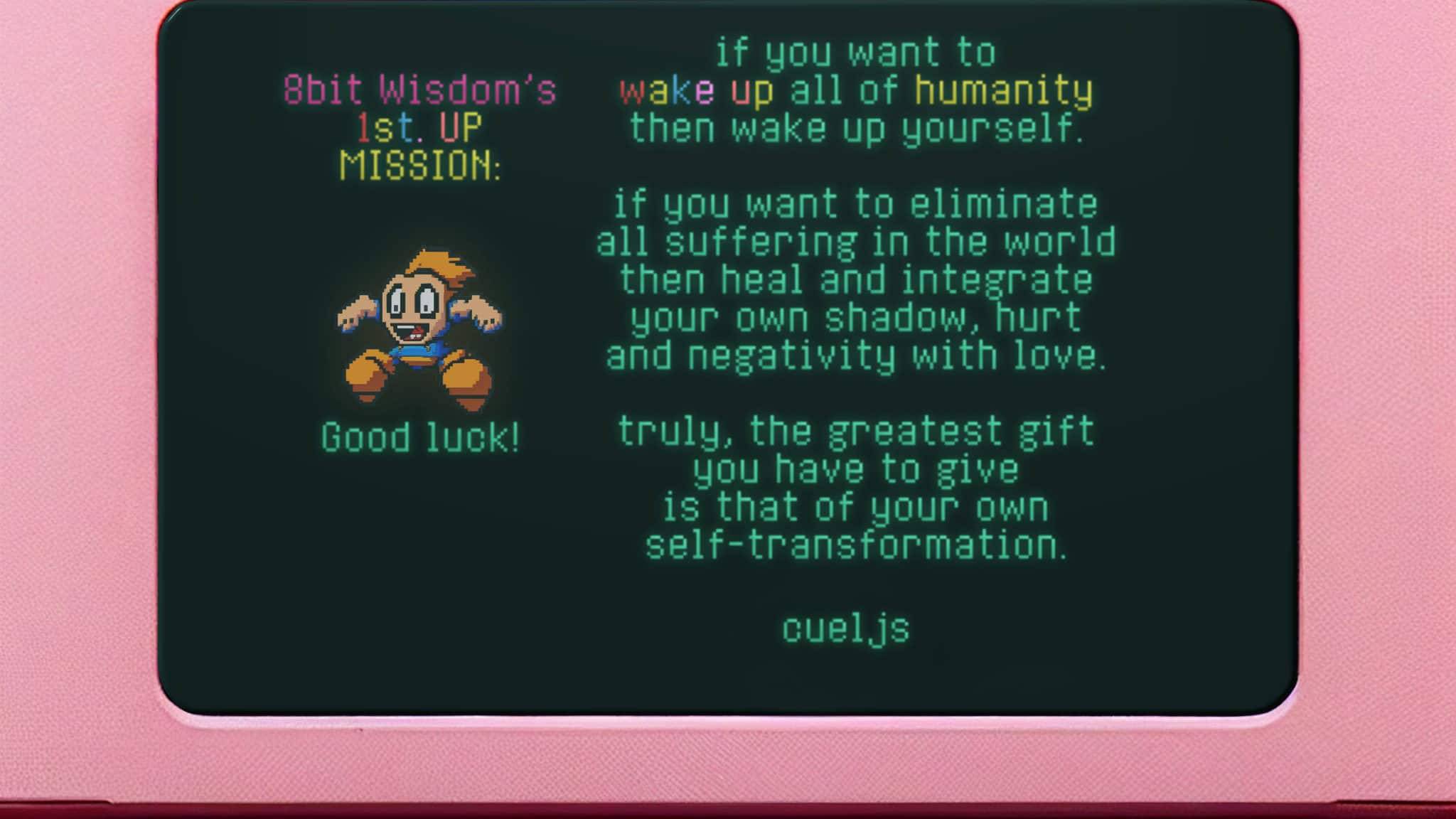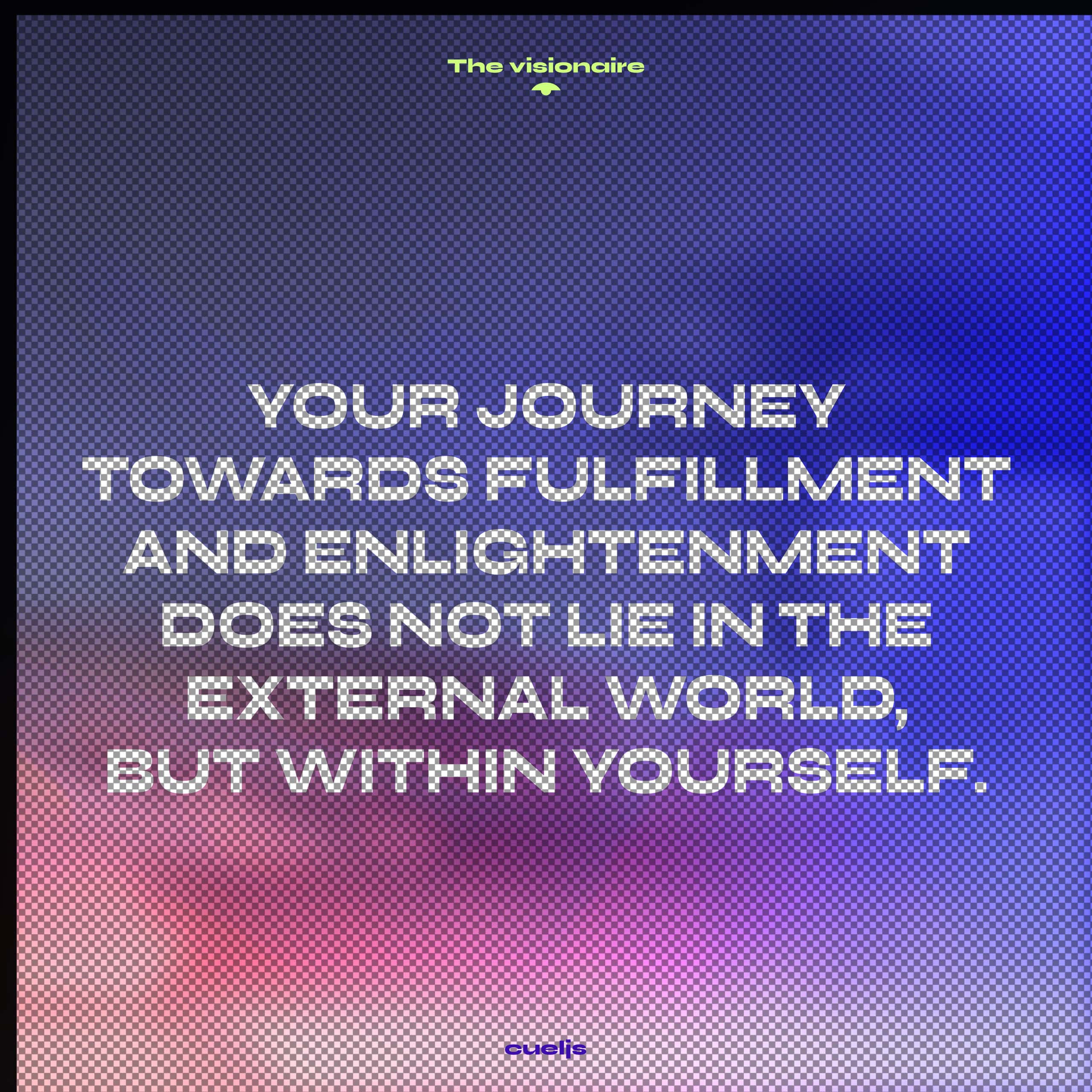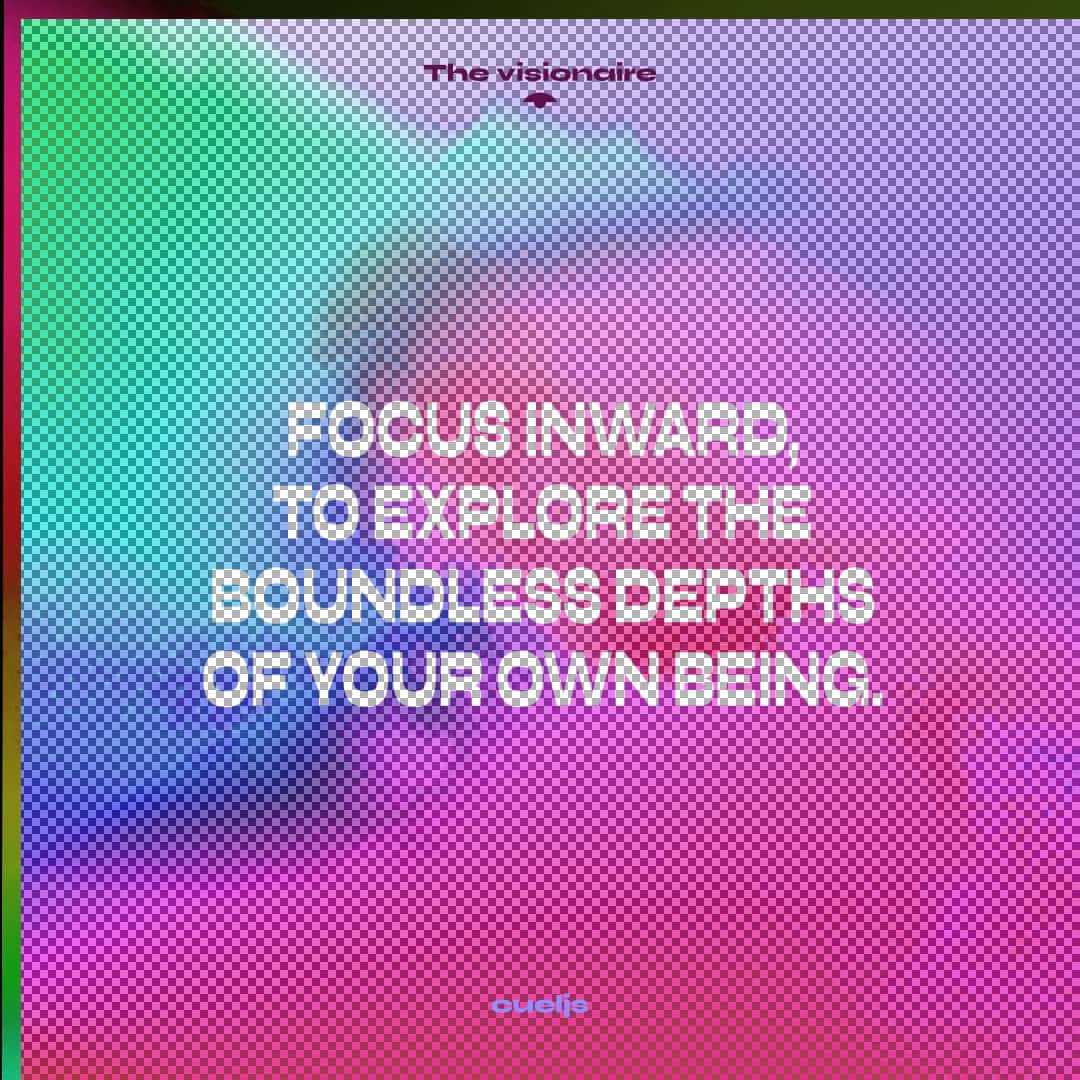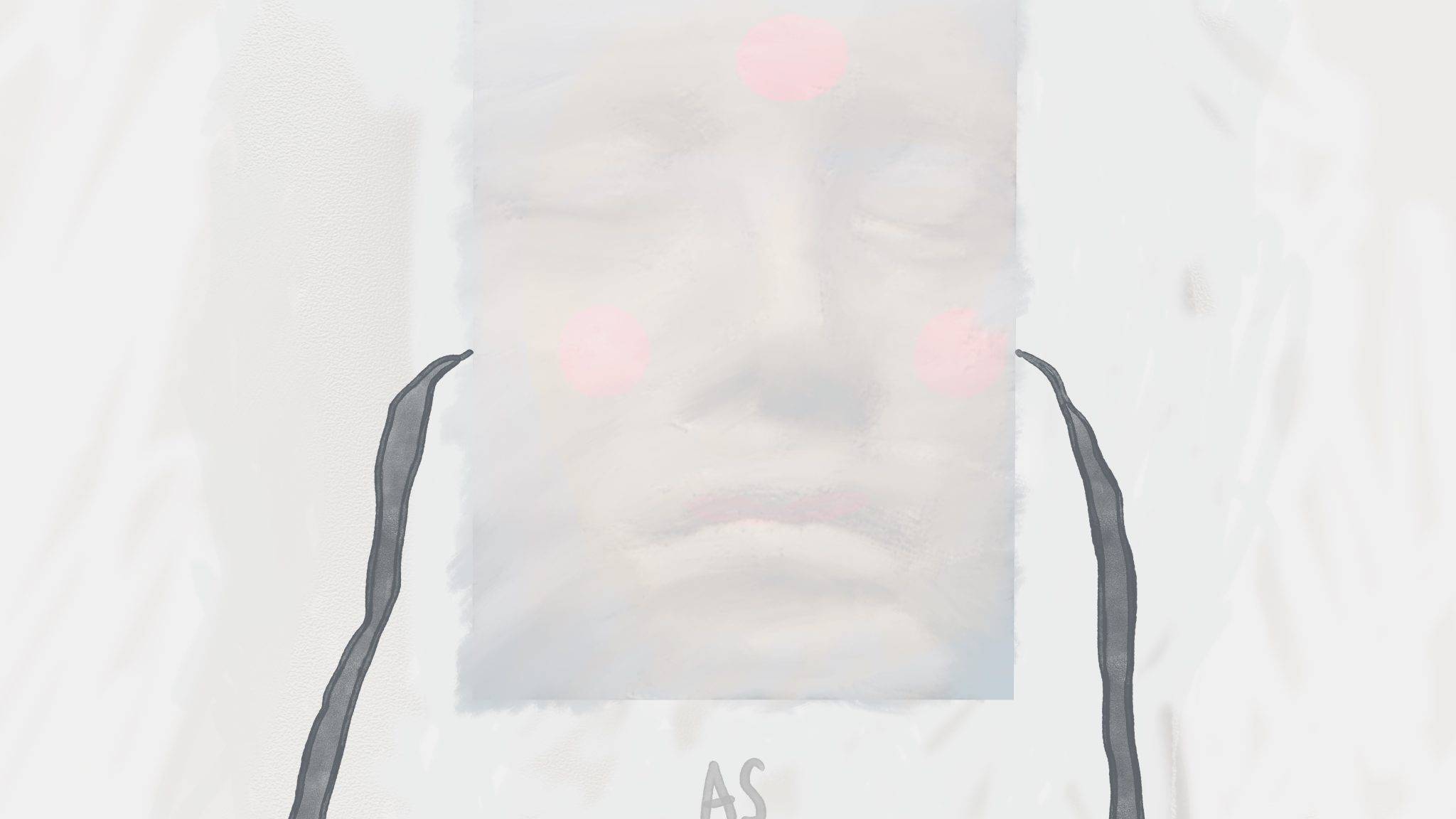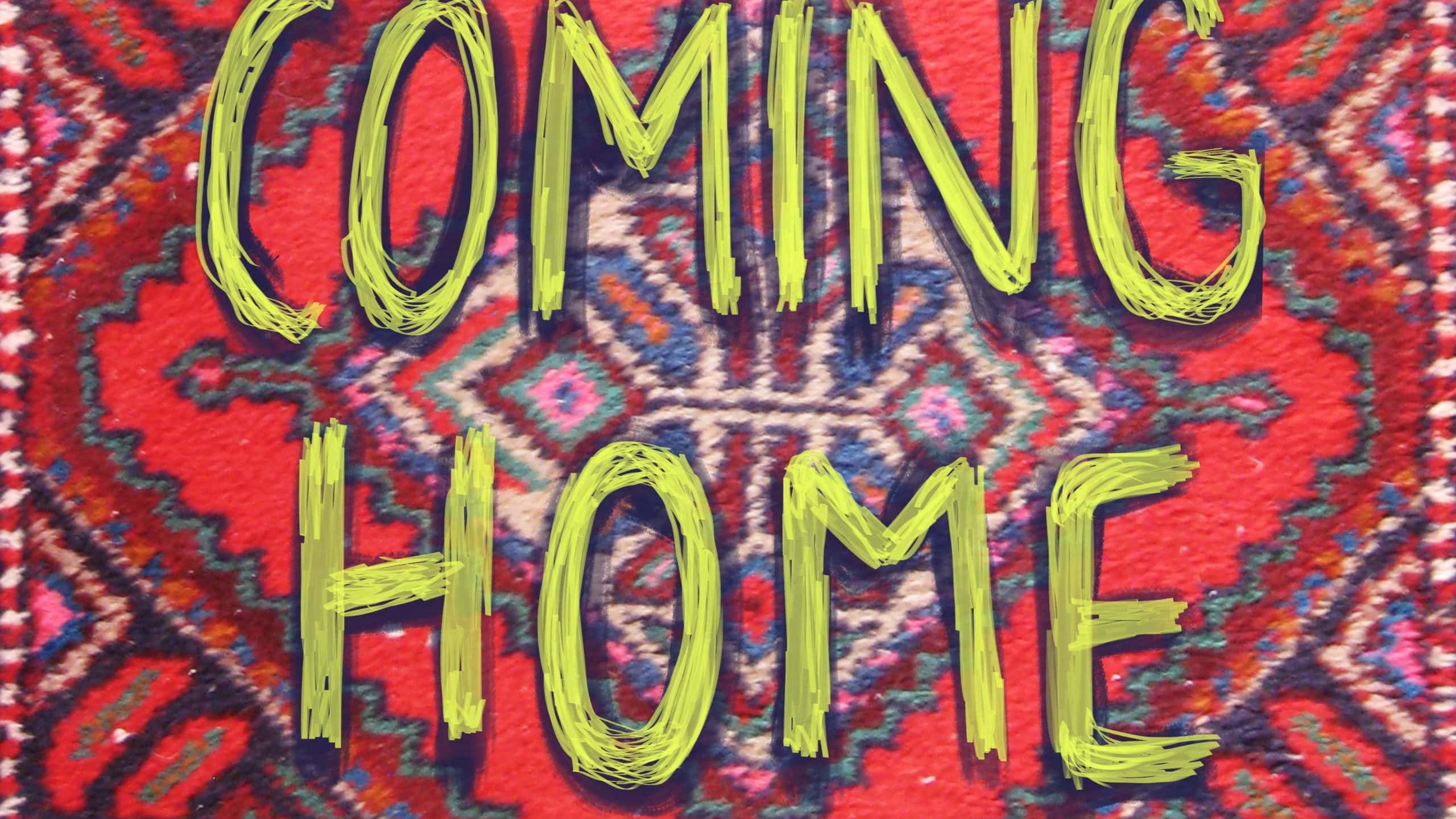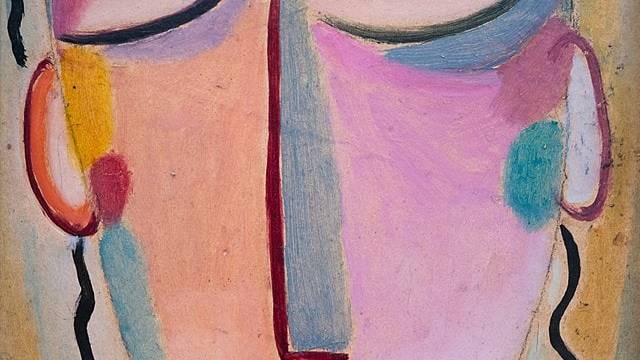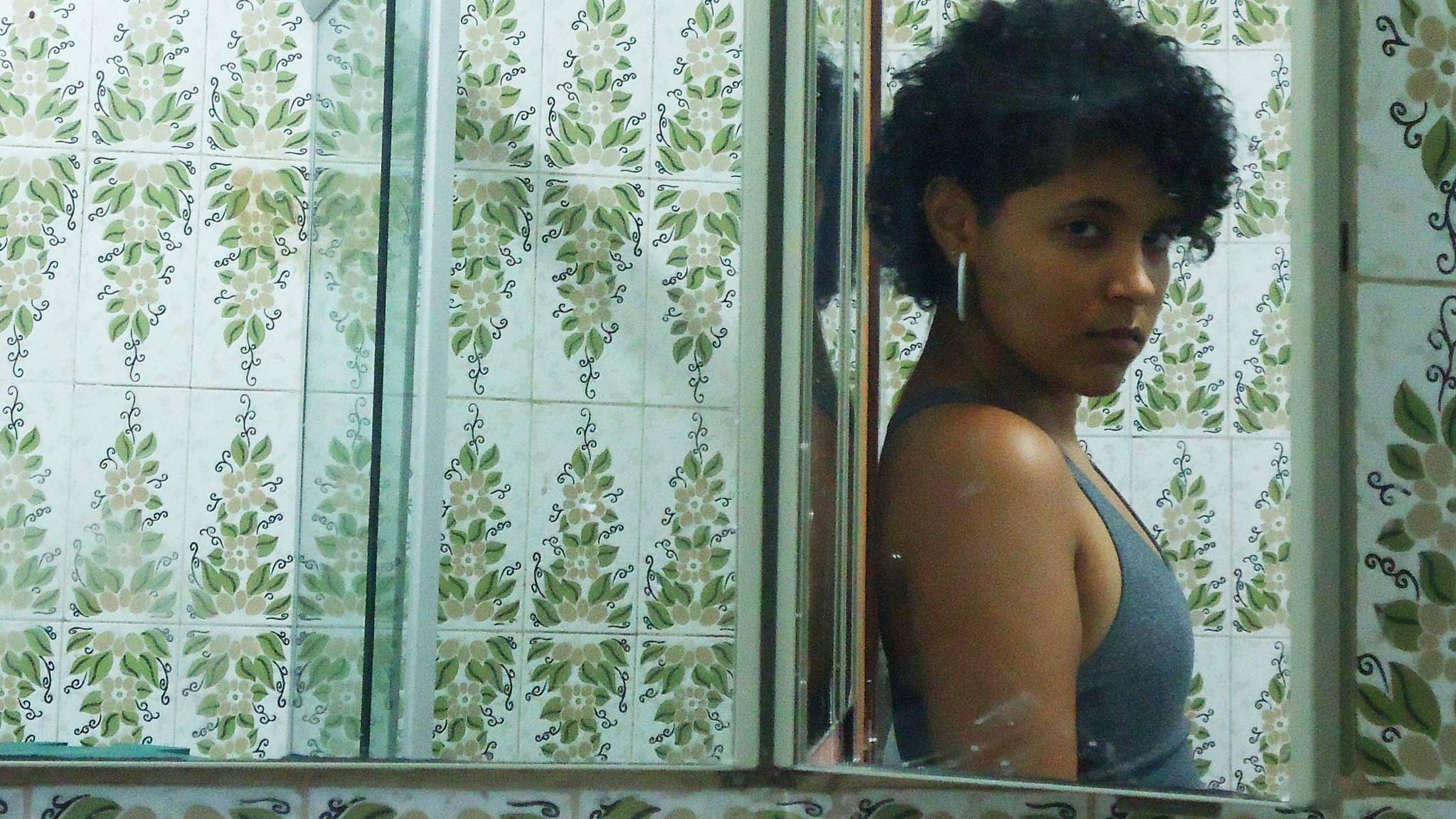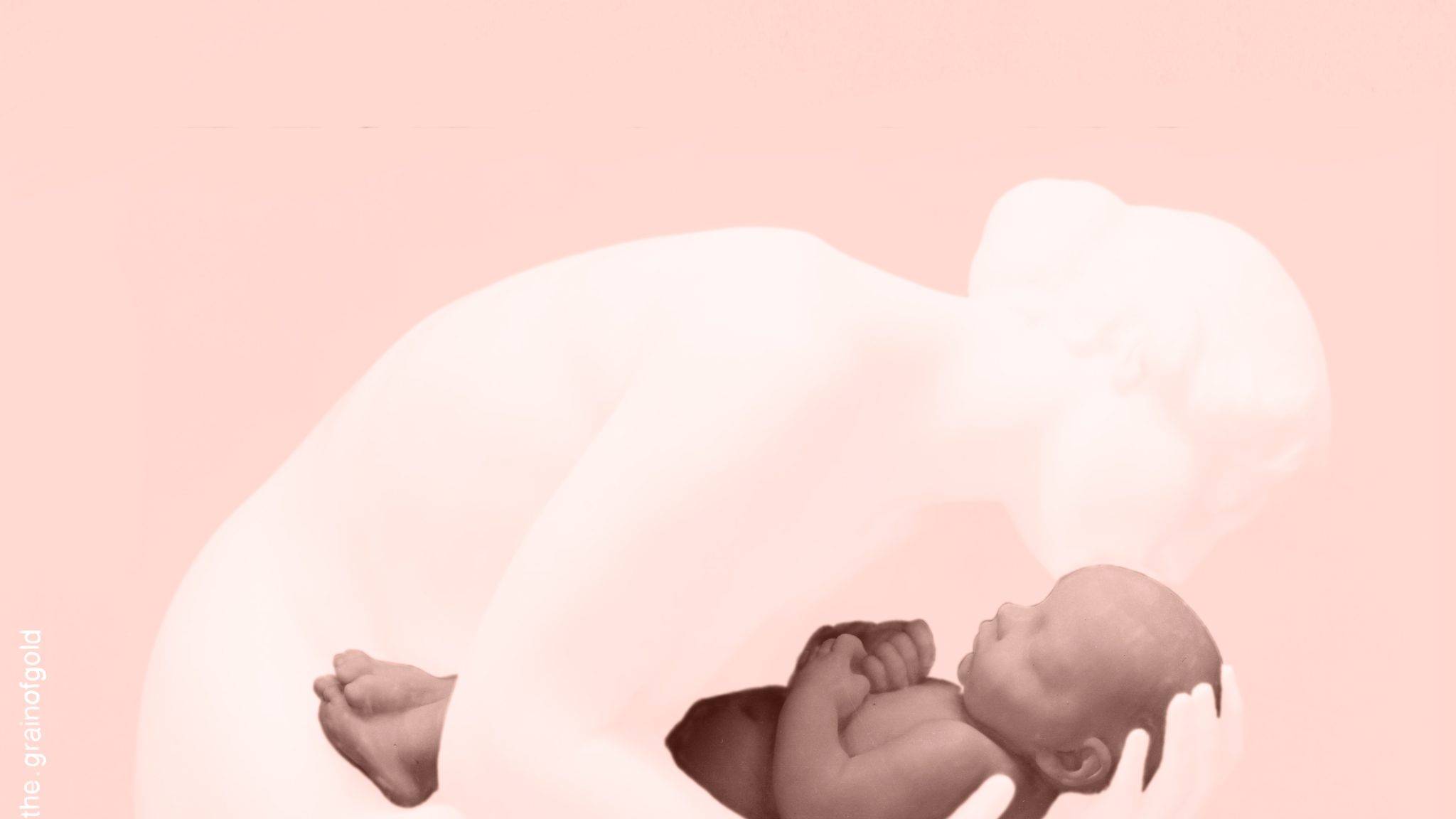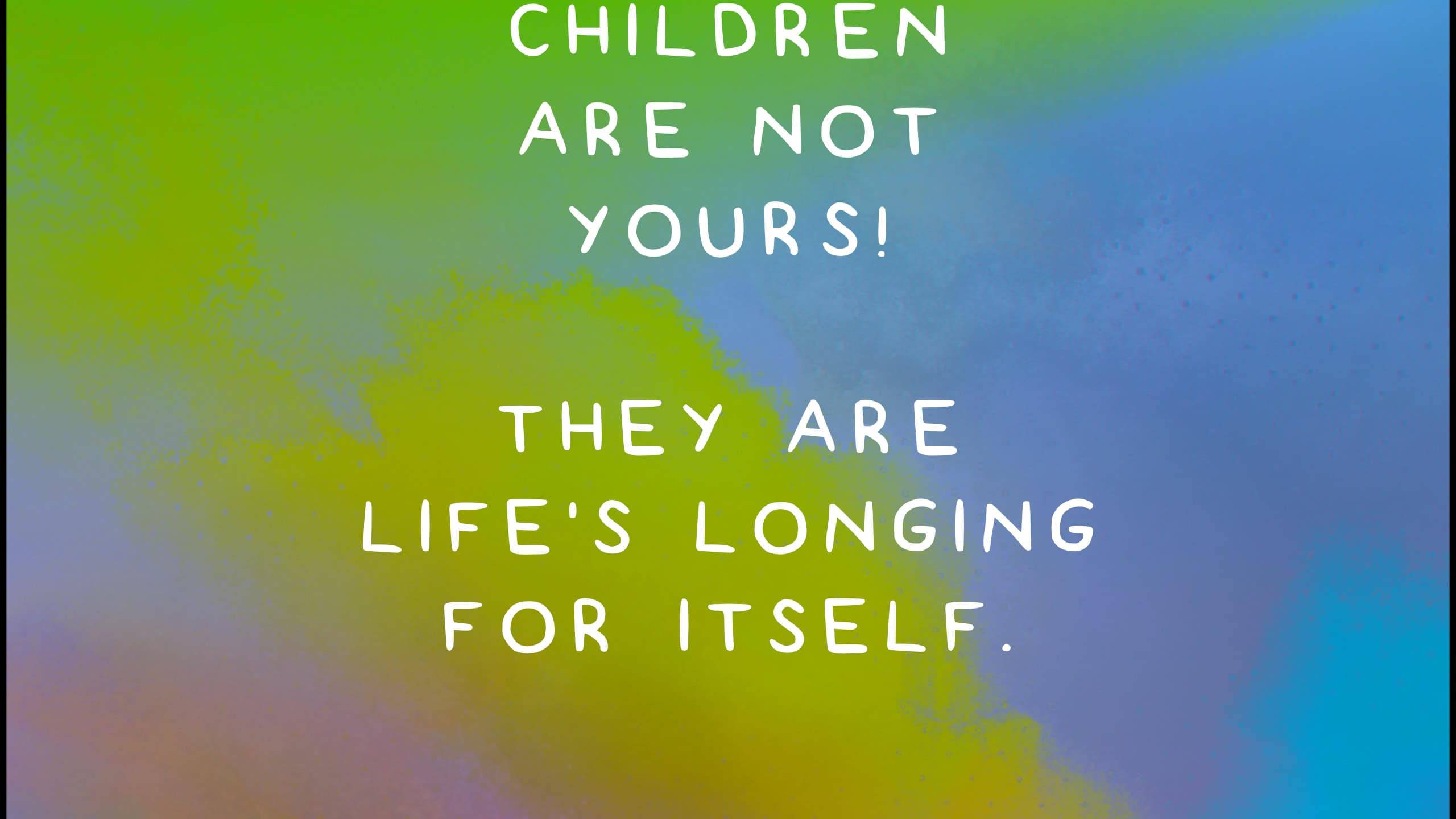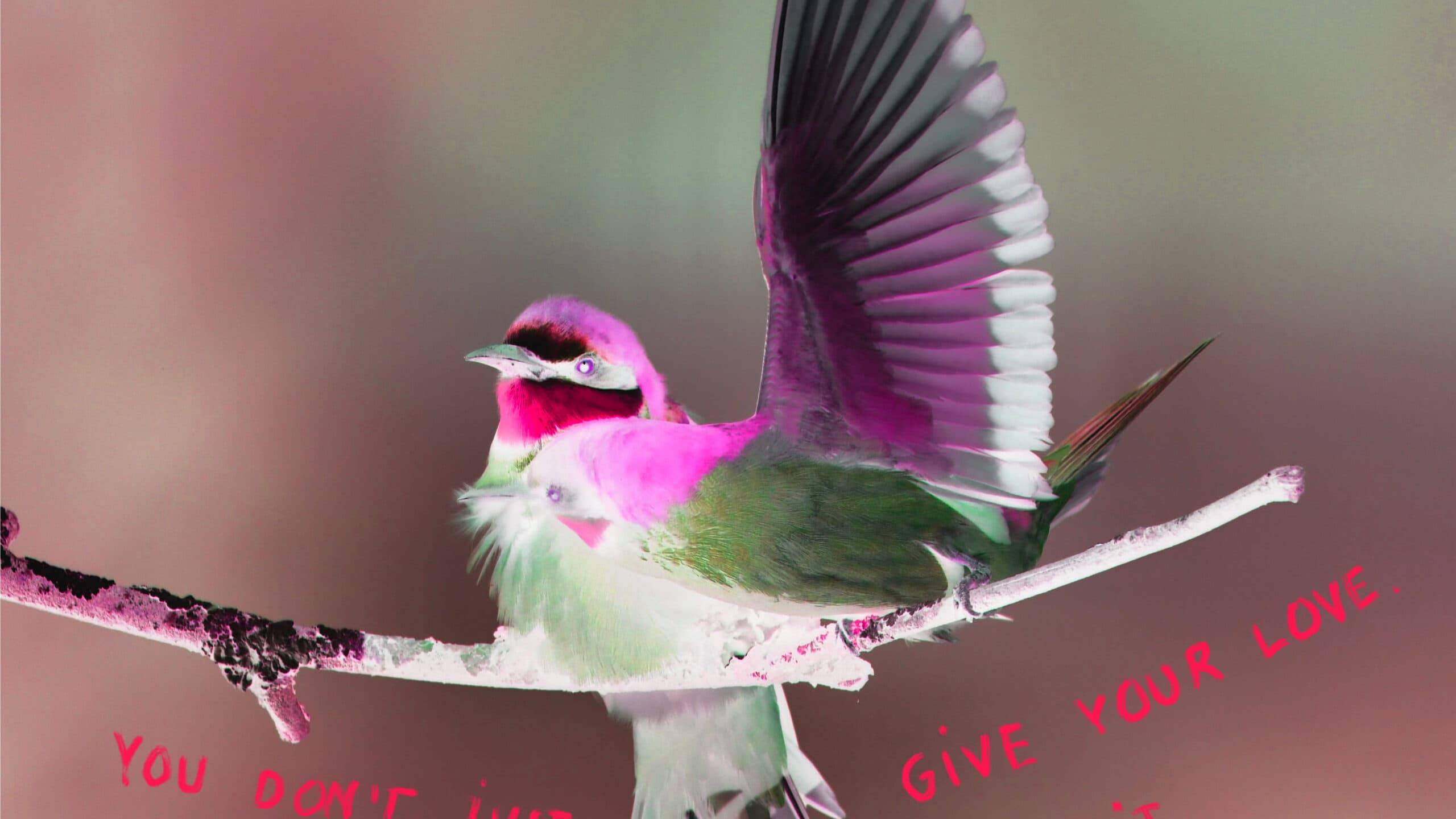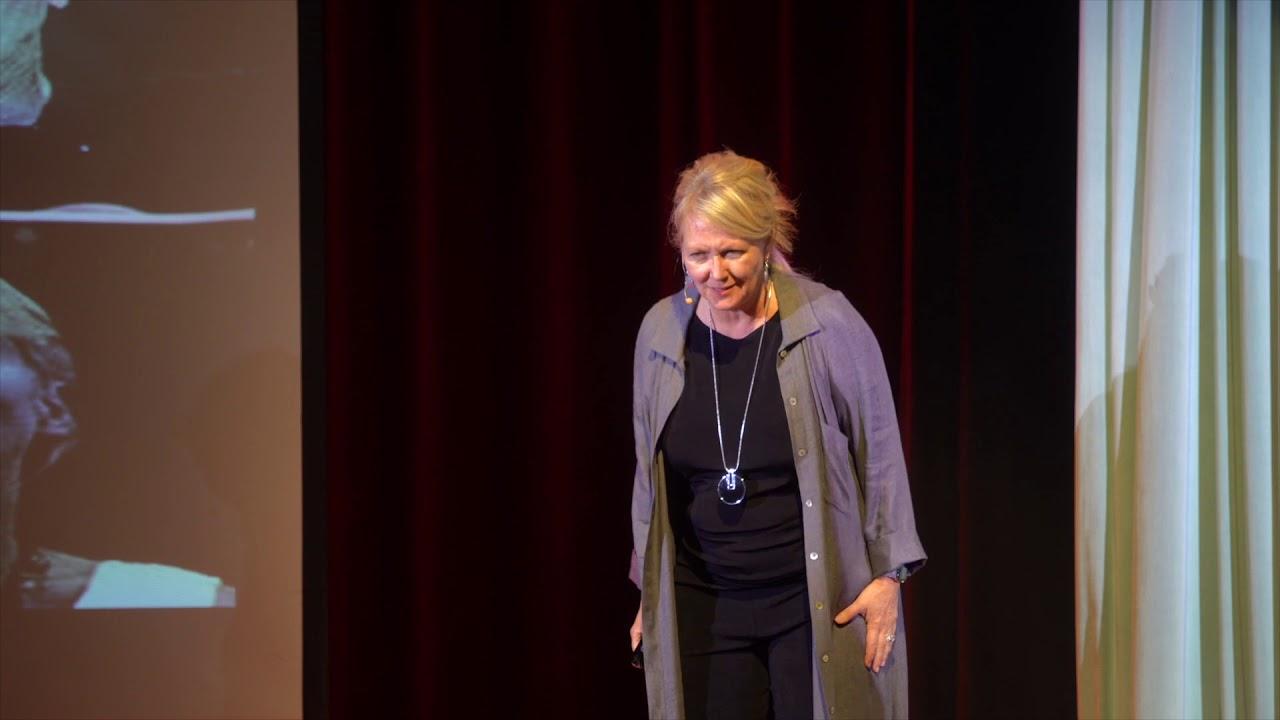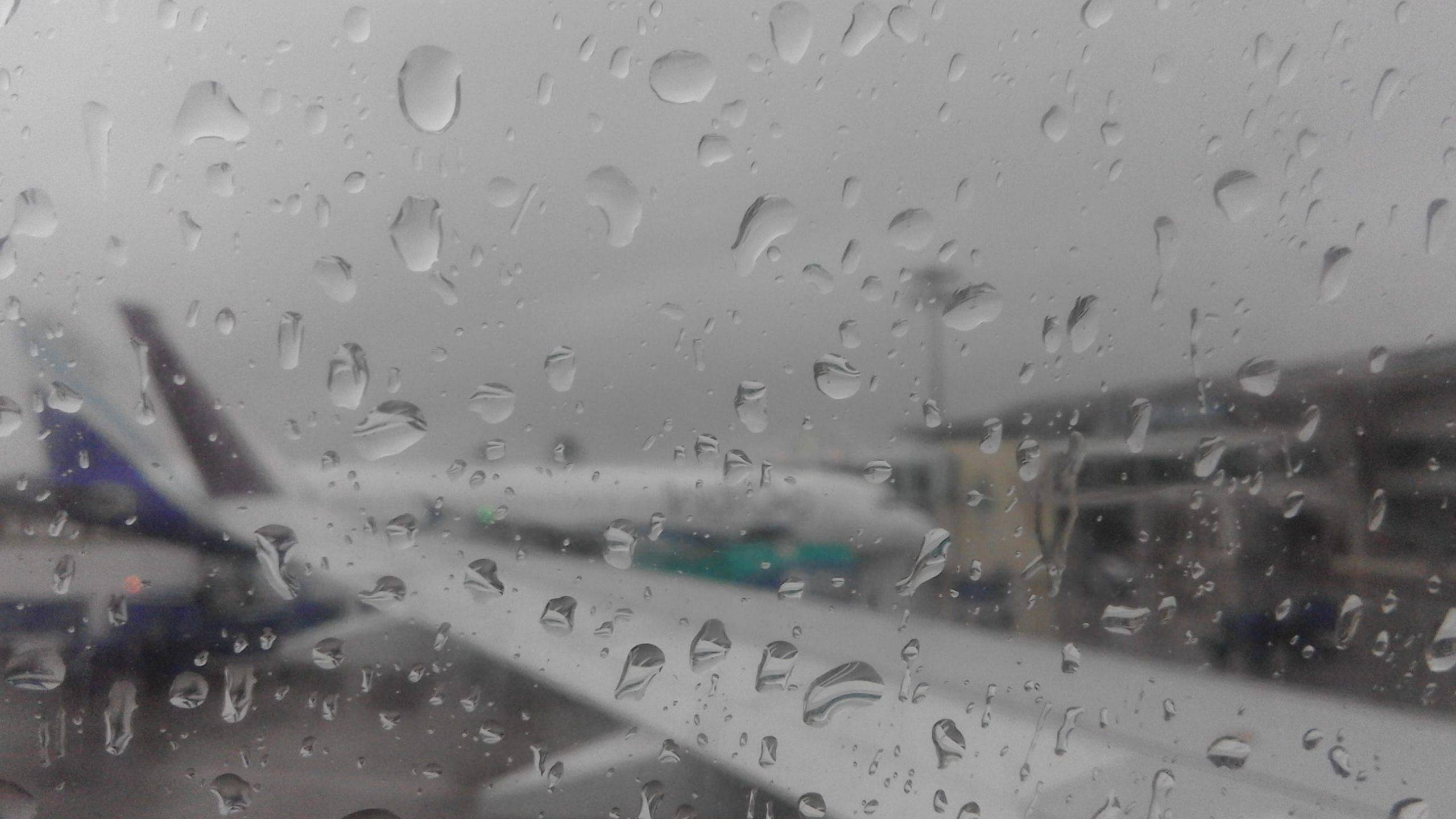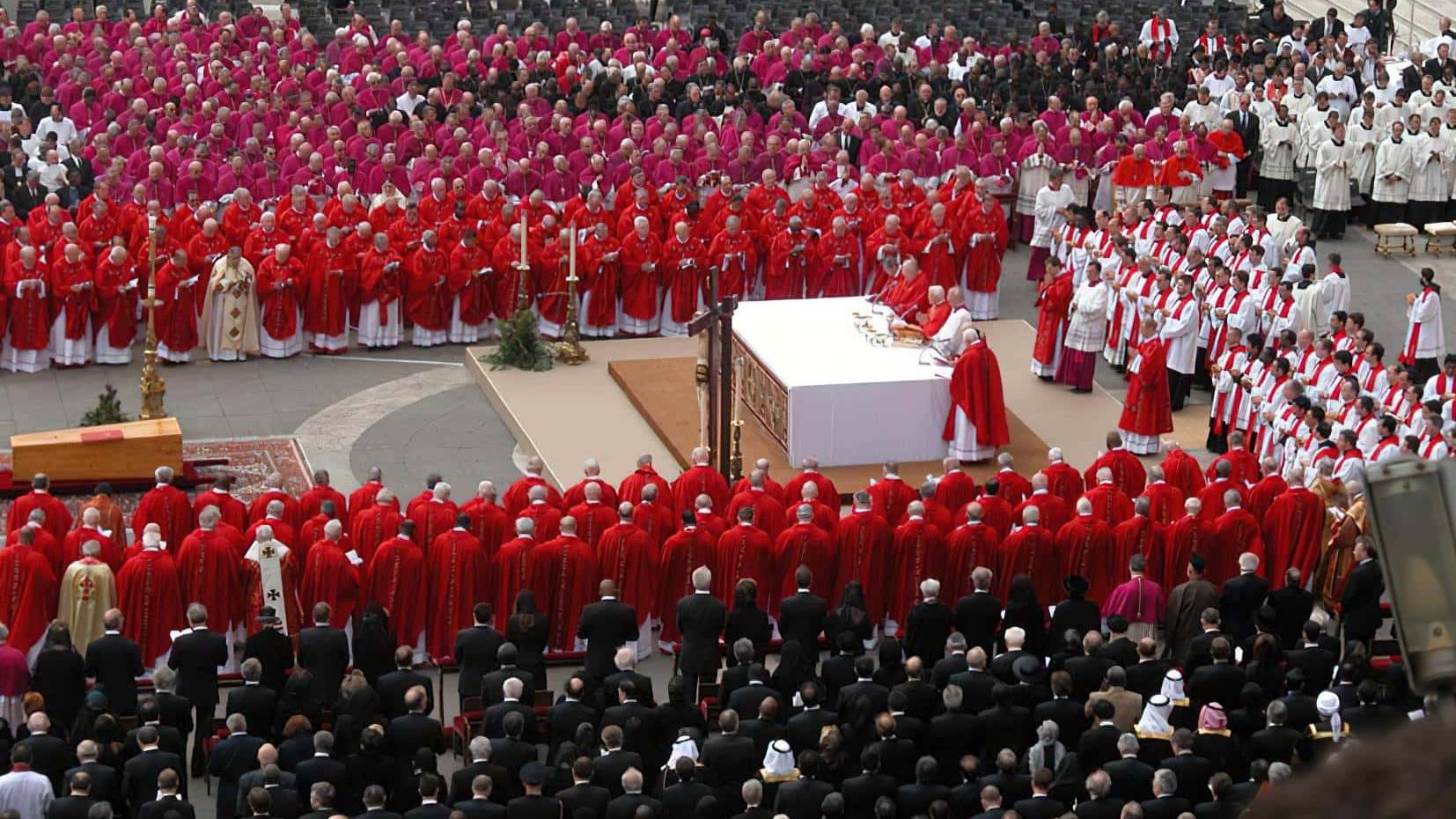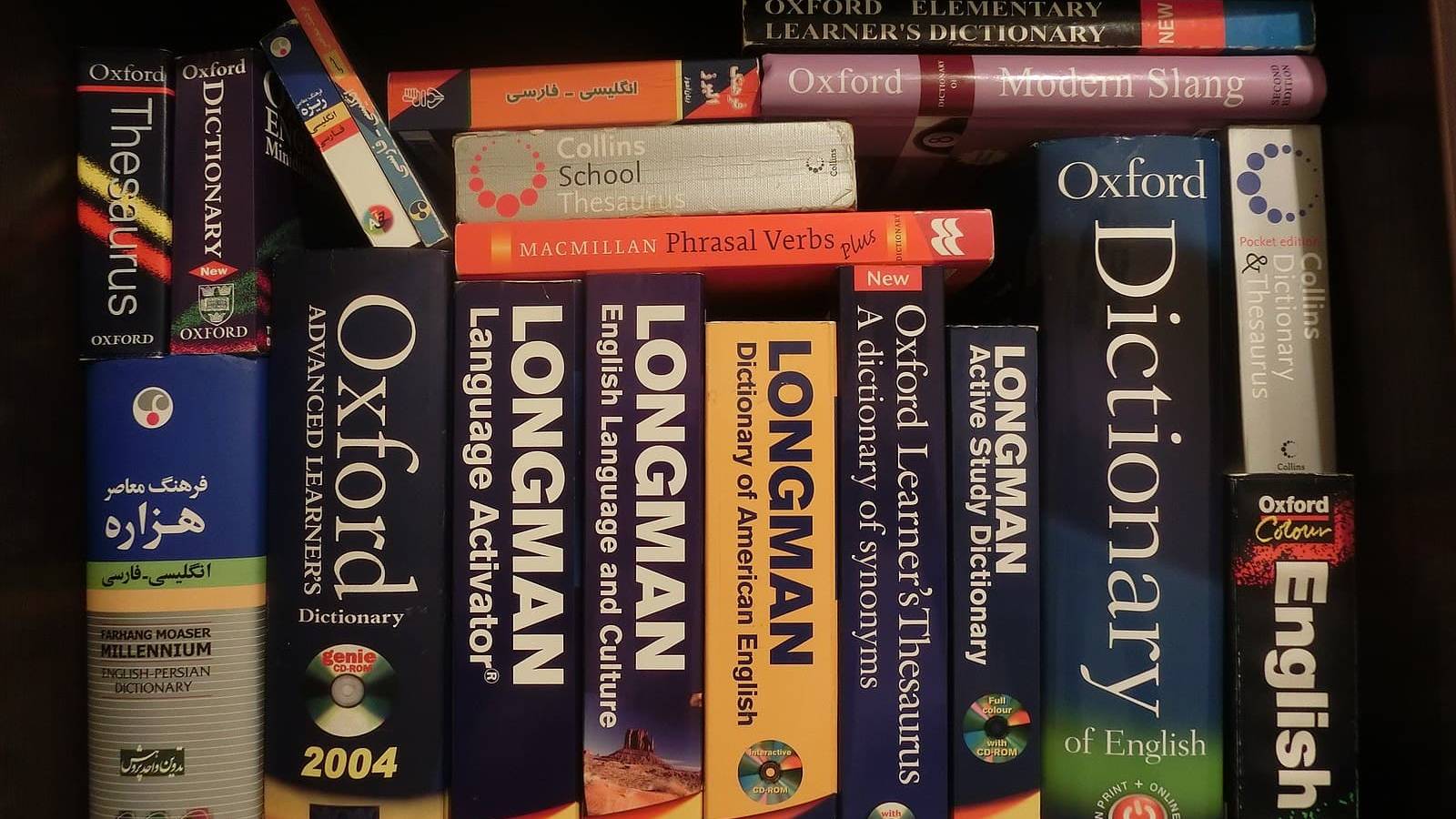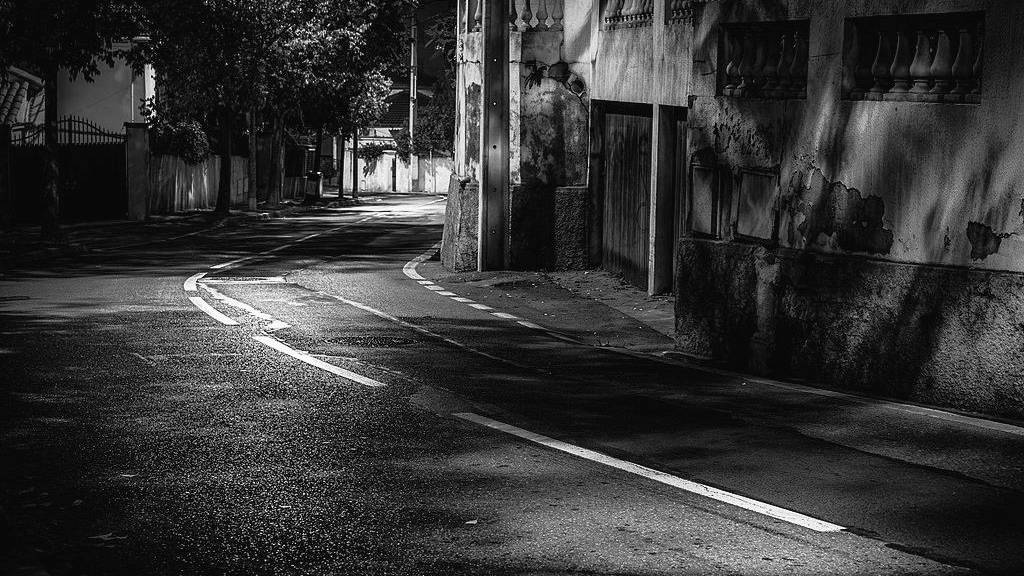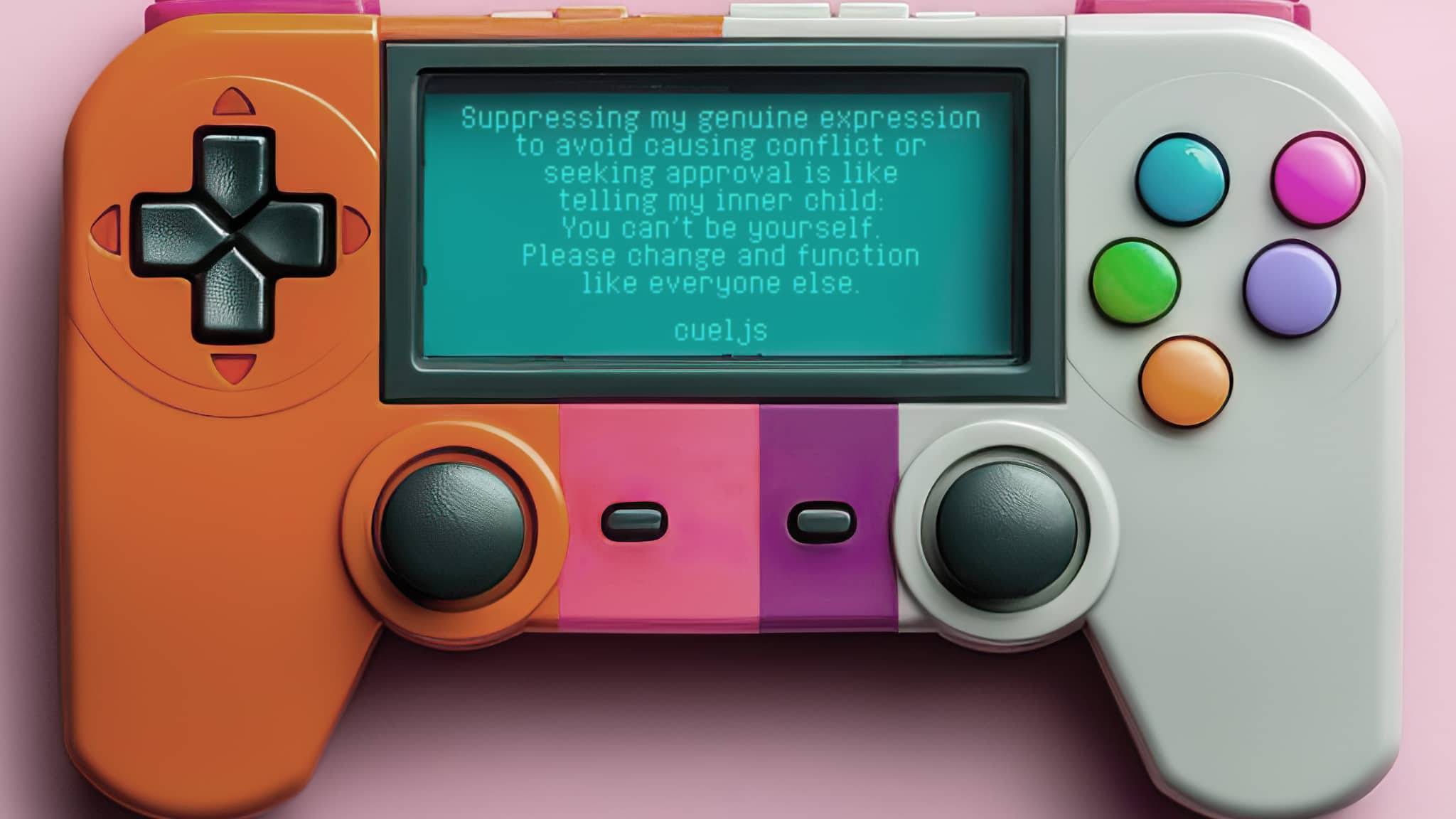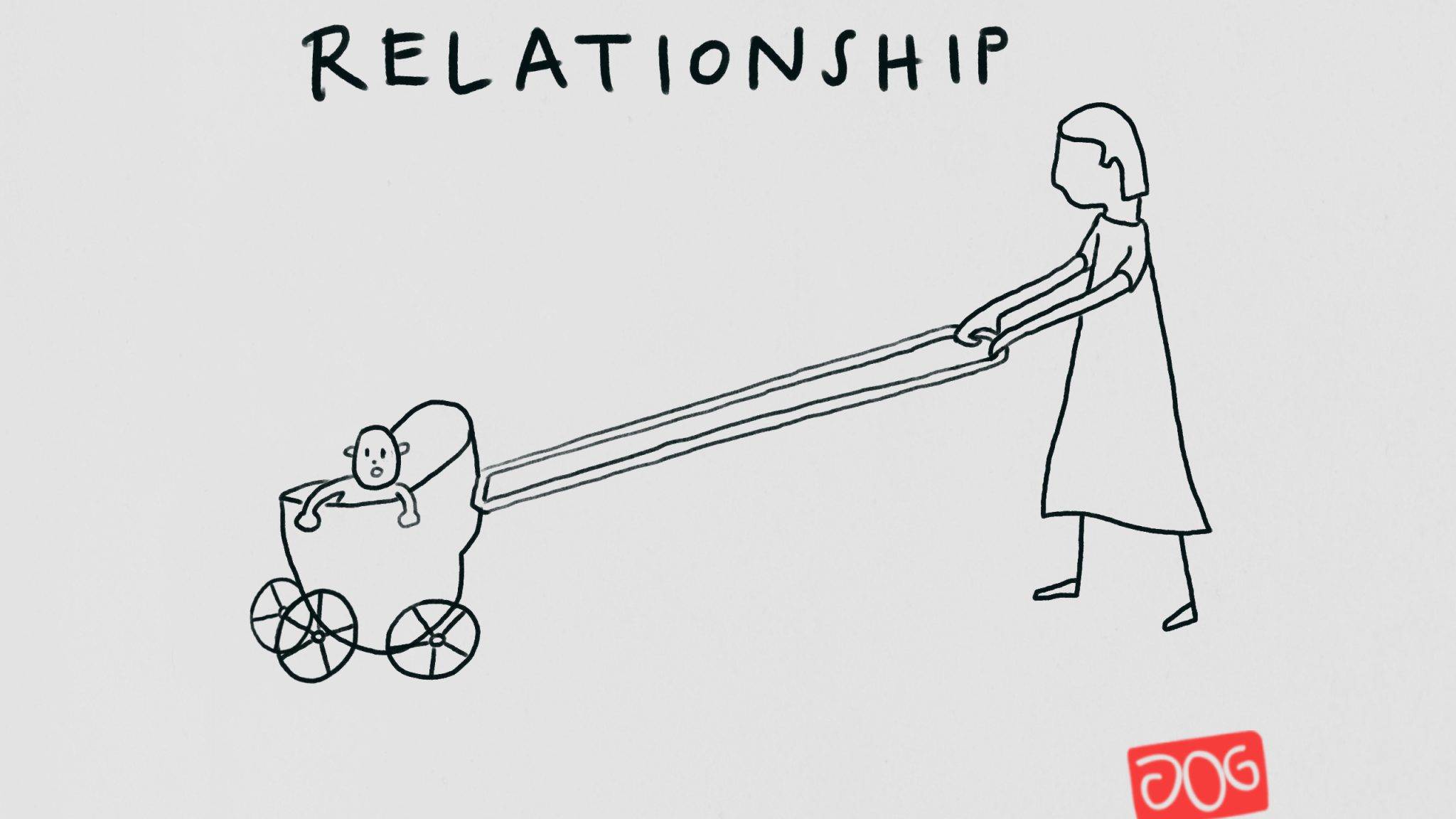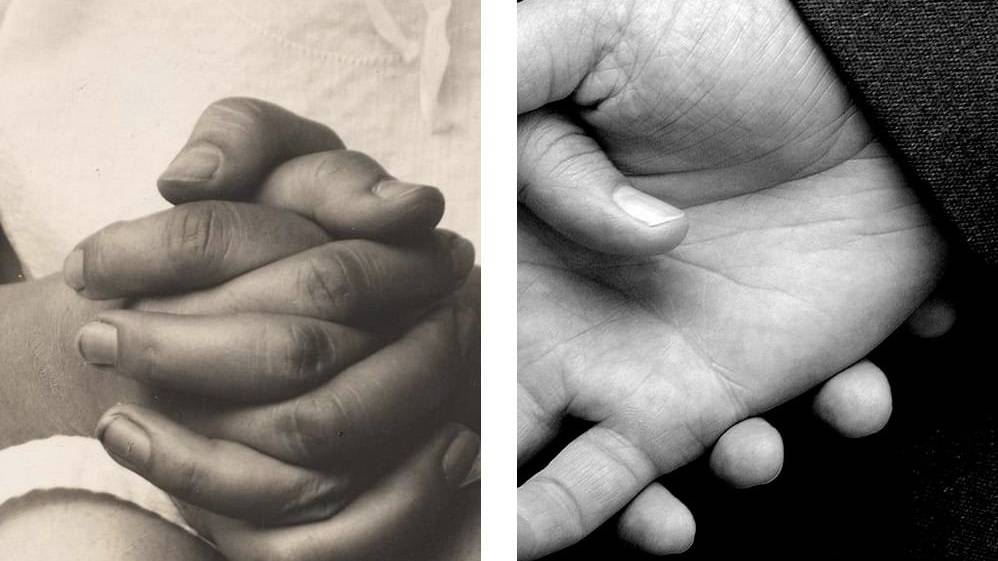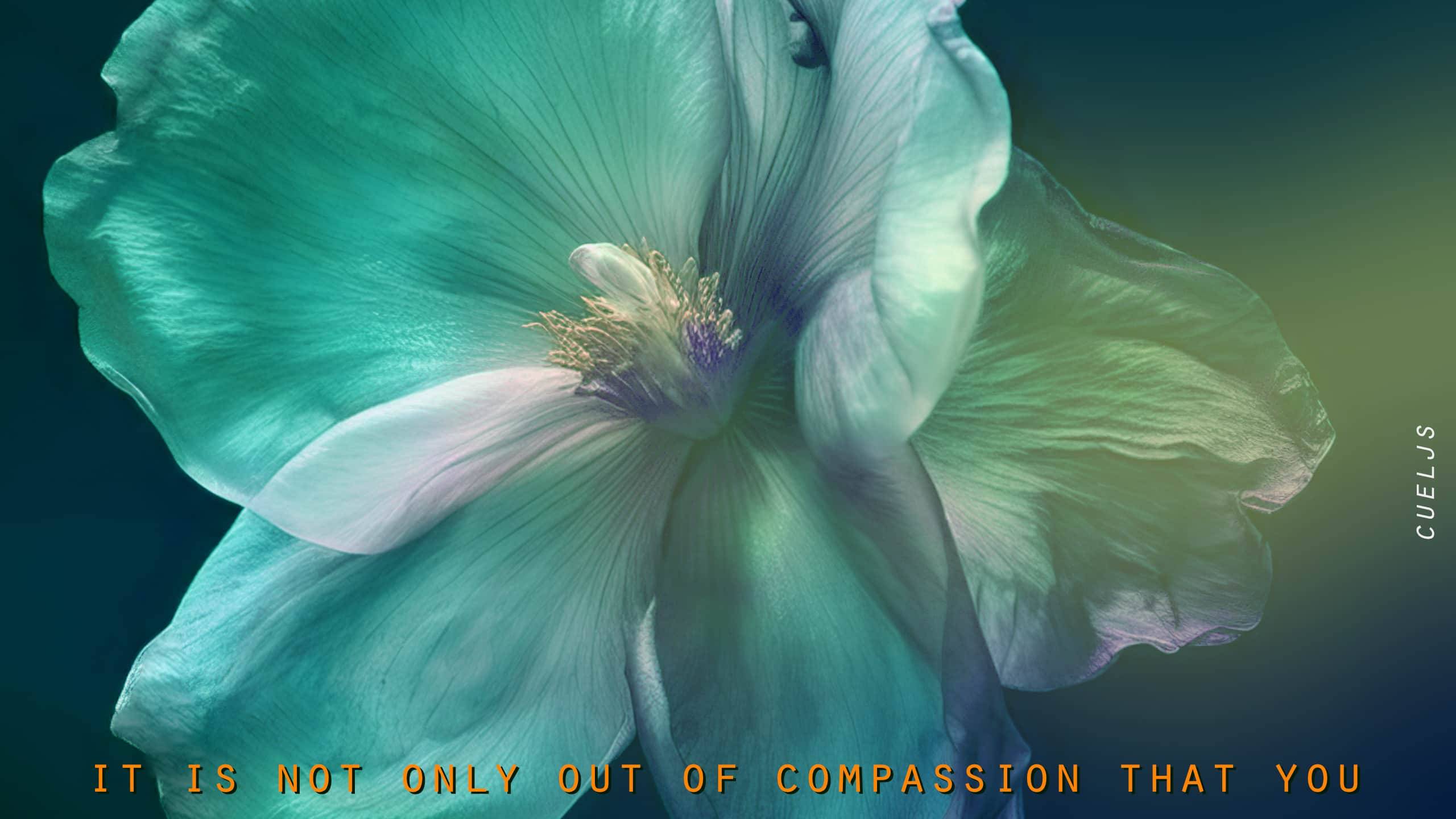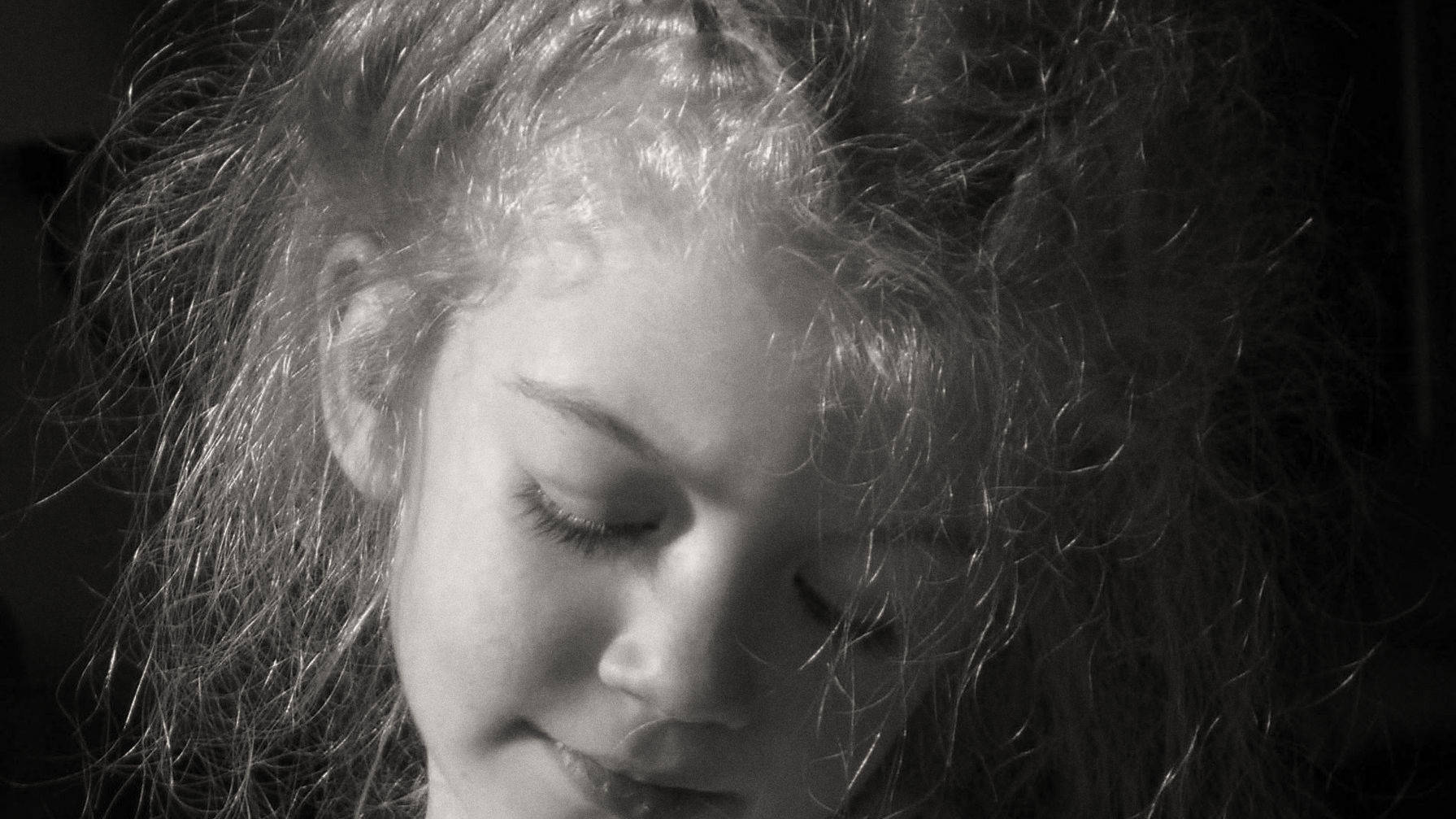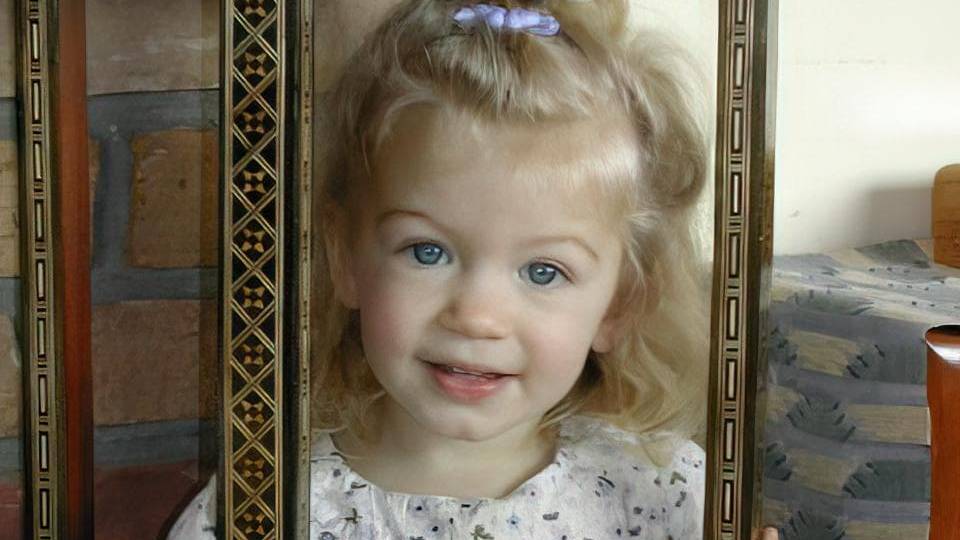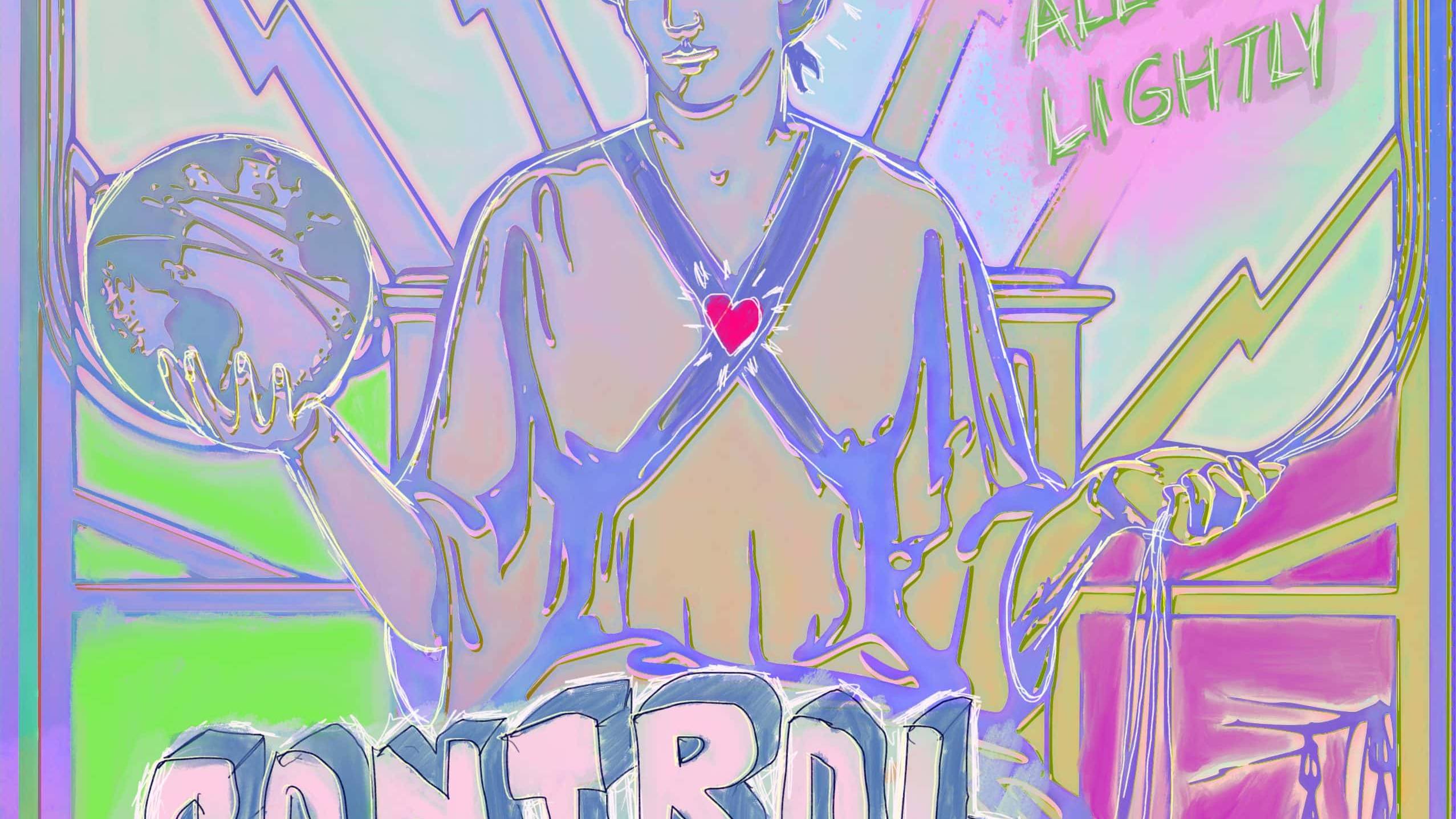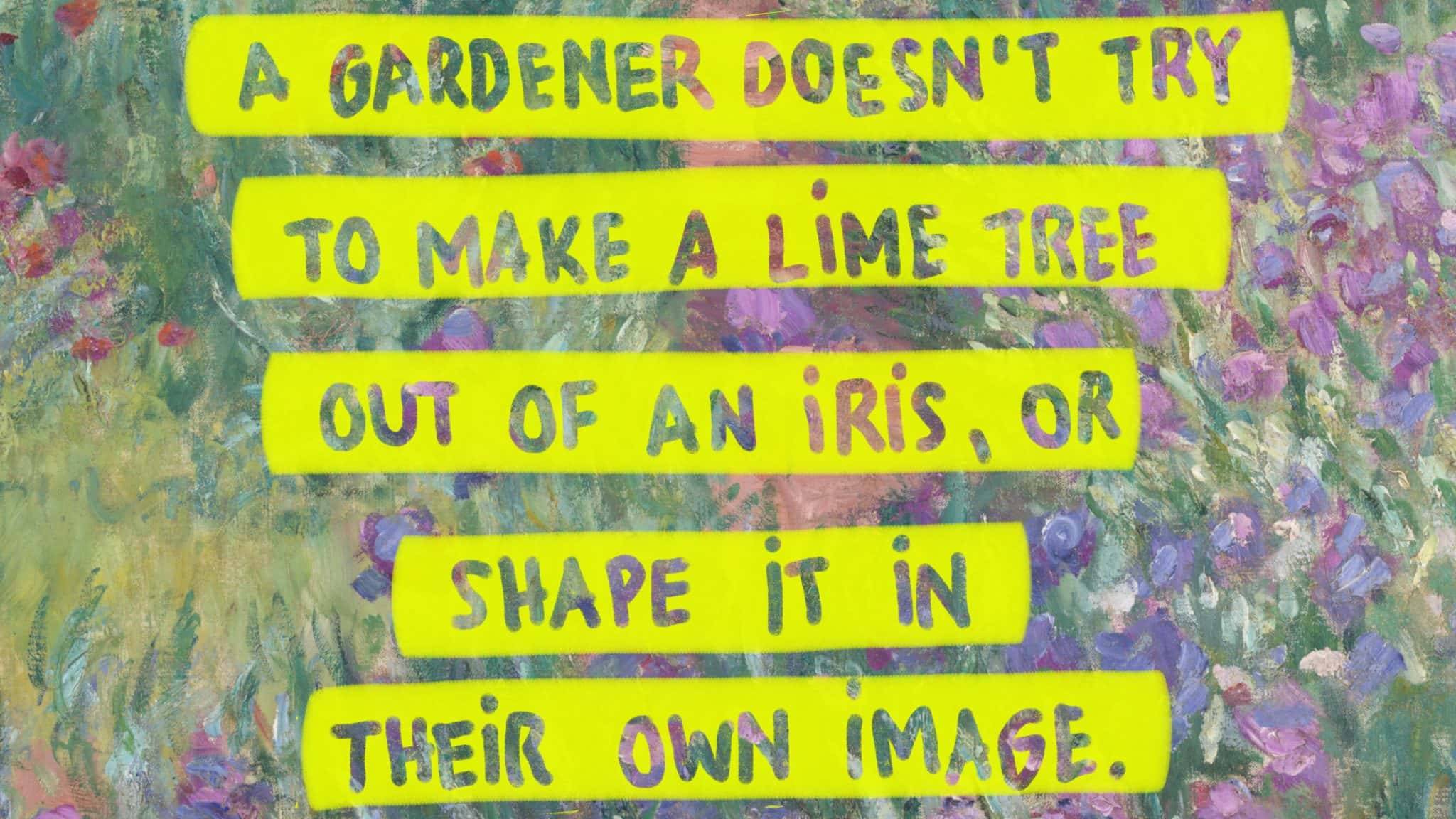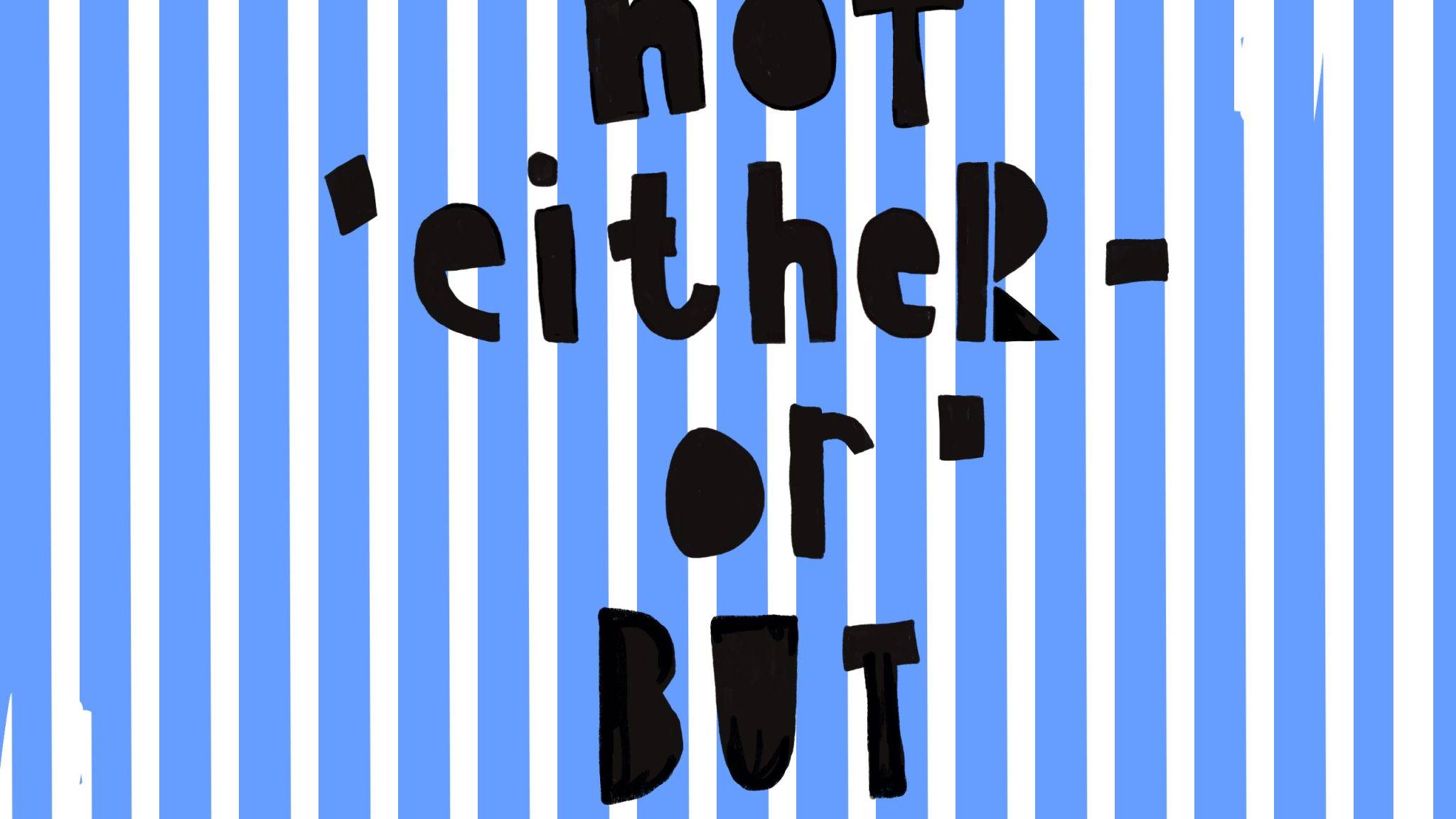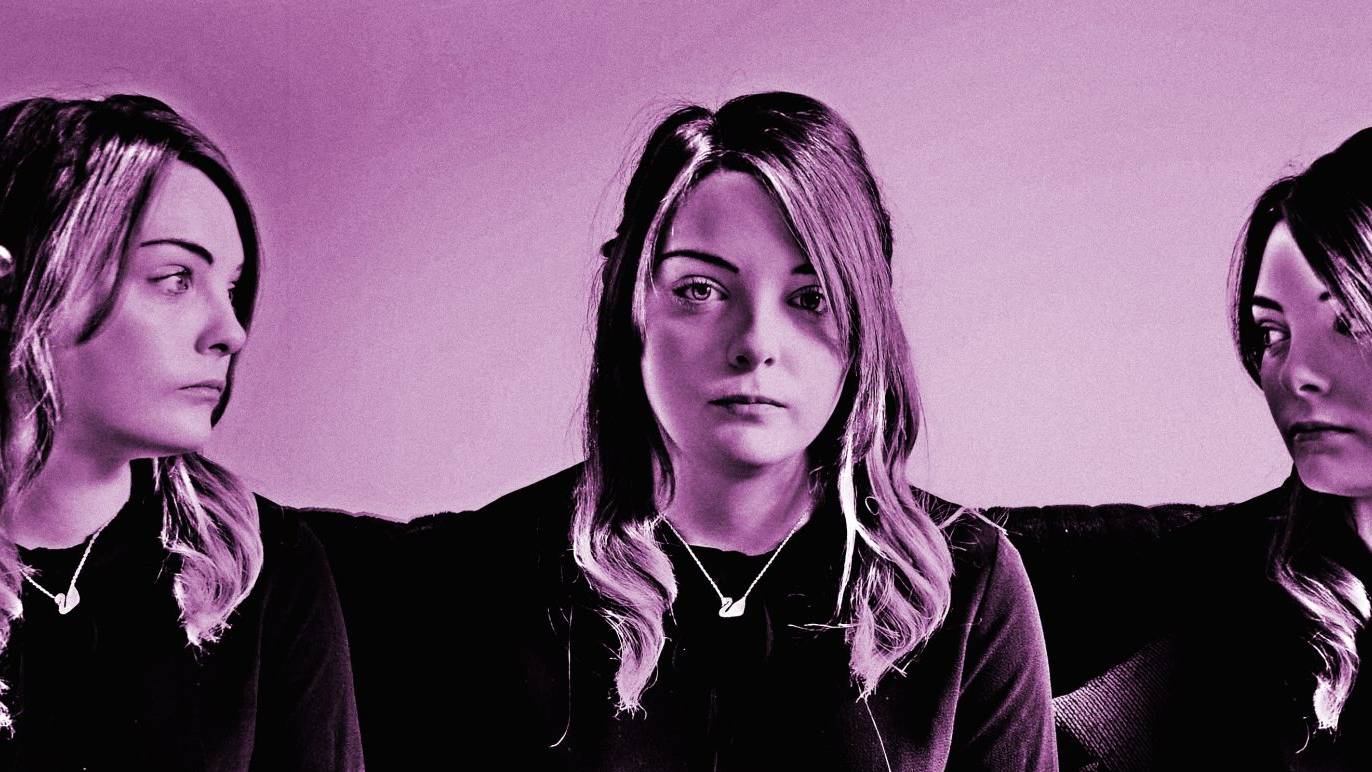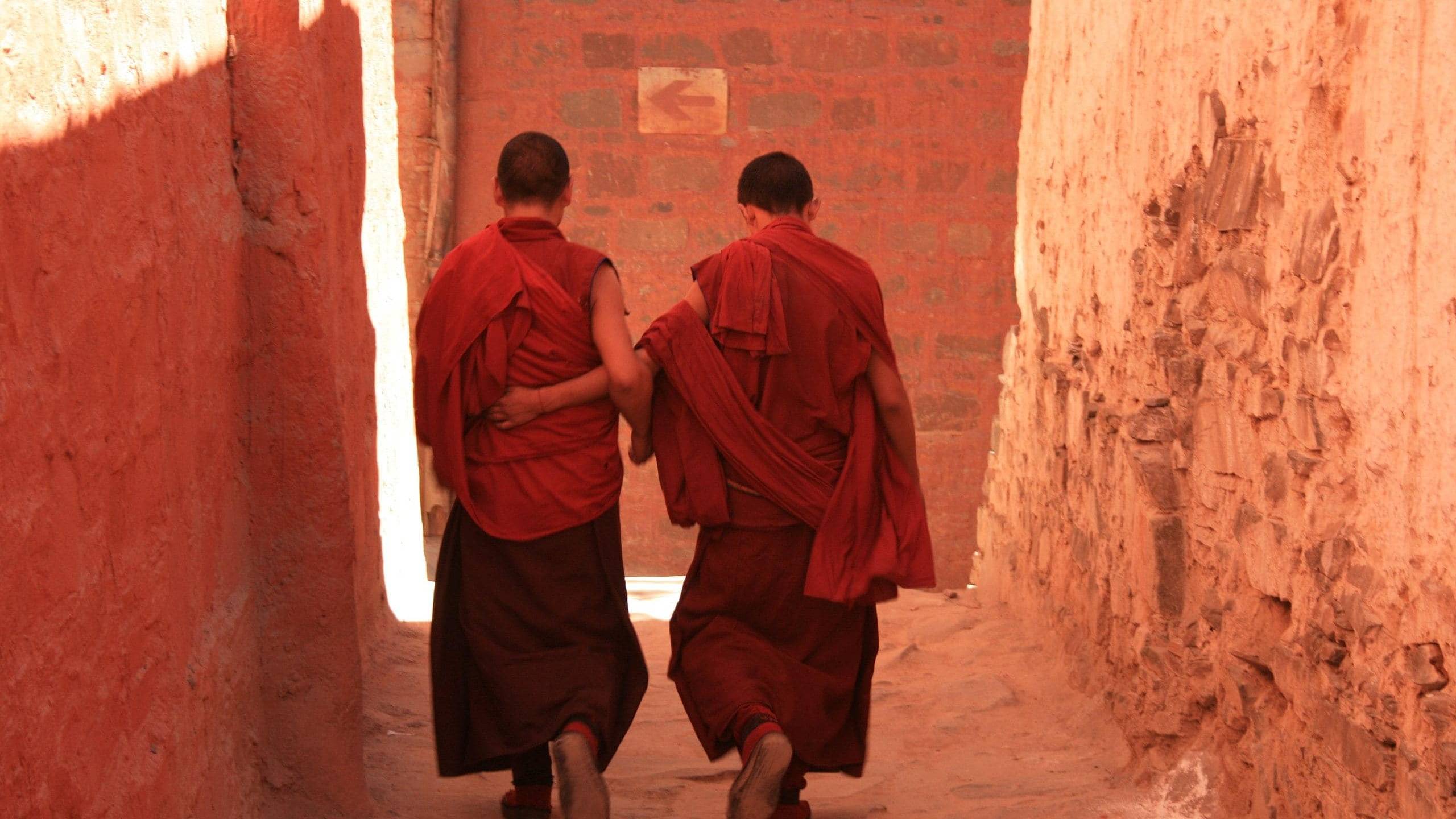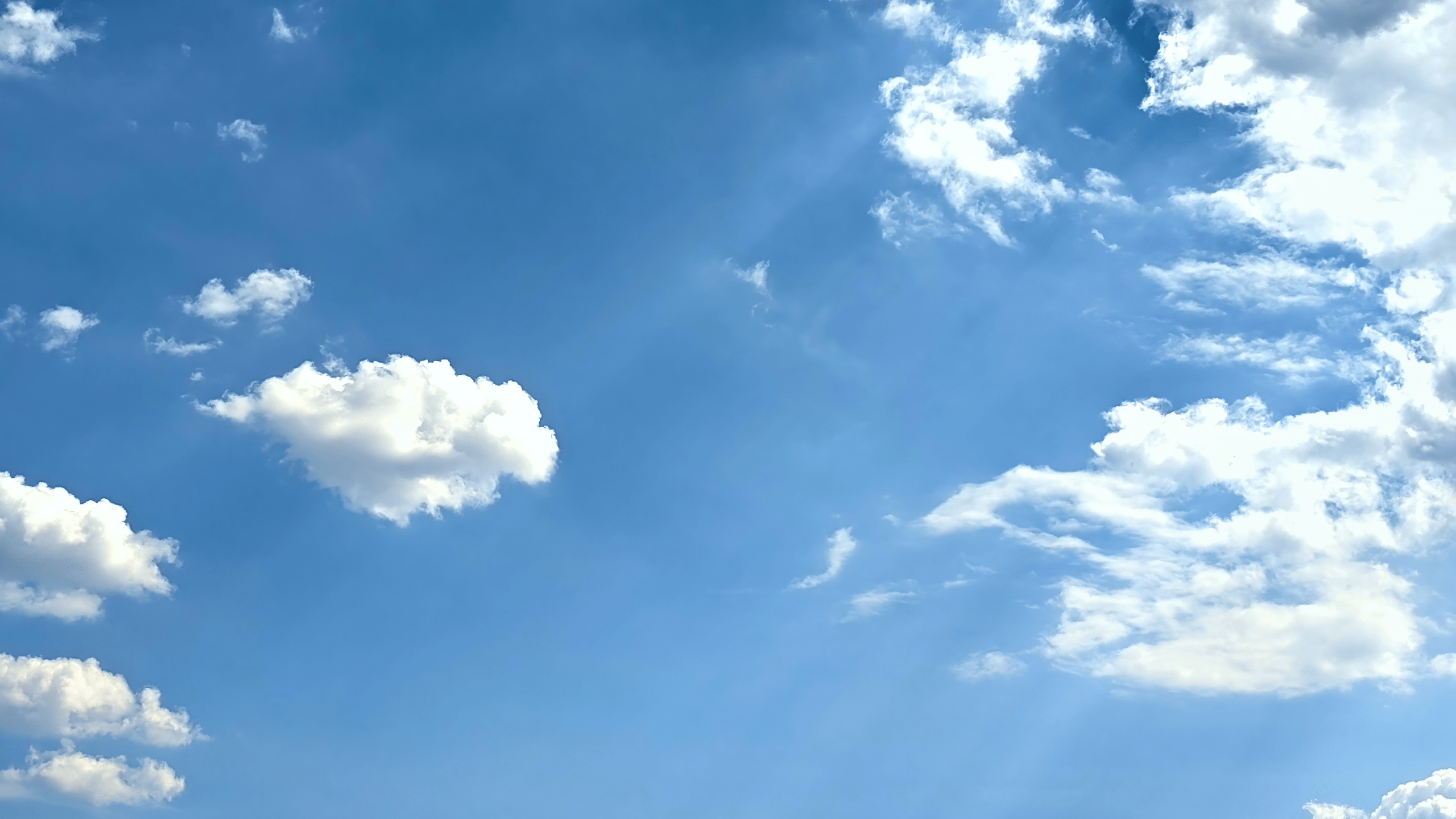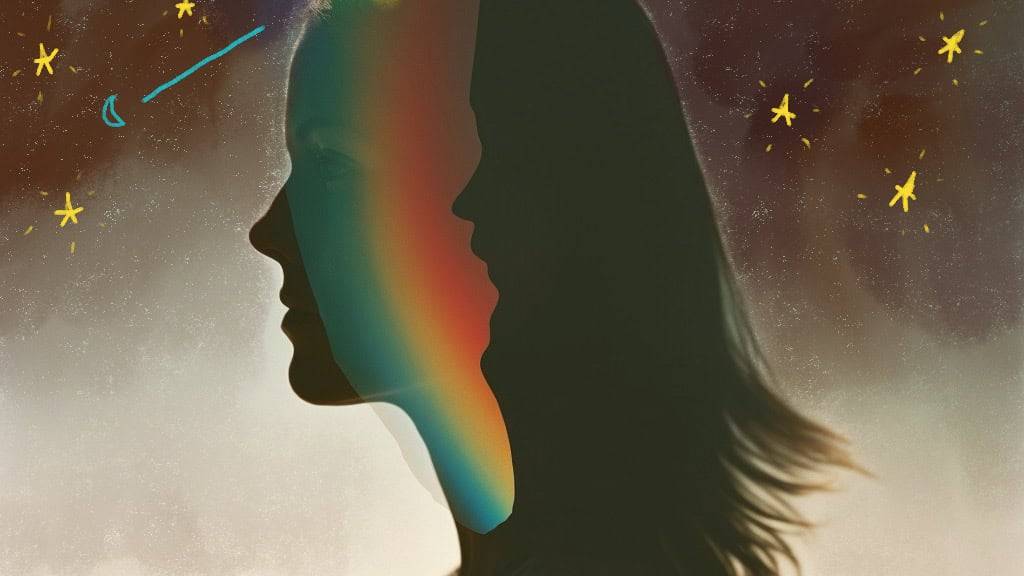SELF-REALIZATION/SELF-HEALING
WEas a collective
From fragmentation to unity
A Better World
We have the power to reimagine and change the world
In the midst of a world in turmoil, marked by climate change, wars, the reign of emotionally immature leaders, and an economy that has enslaved us for the benefit of a select few, it is natural to ask:
How did we get here? Is this the best we can do as a collective, despite all the lessons of history available to us? Can we not aspire for a for a more wholesome or better world, one that challenges and transforms our existing conditions?
In a world where people constantly collide, trapped in cycles of physical, mental, and emotional crisis, it is heart-breaking that we, as a society, fail to see the deep connection between our current struggles—both personal and global—and the unmet emotional needs from our childhoods. By ignoring these early wounds, we not only perpetuate the very issues we haven’t resolved but also create unnecessary drama and conflict, leading to global dysfunction. We don’t realize that the state of the world is a direct reflection of how we were raised.
This isn’t about pointing fingers, but rather about understanding how unresolved emotional wounds are unconsciously passed down from generation to generation, perpetuating harm and suffering.
Almost everyone who has grown up in highly industrialized, competitive societies has suffered a primal hurt in childhood. We all had to conform to what was acceptable and unacceptable, and were forced to hide who we truly are, losing the connection to our innermost essence, our grain of gold, in the process.
Reversing this process and realizing ourselves as consciousness may not sound like much, but it comes with a powerful shift in perspective that liberates us from this conditioning.
Imagine what would happen if each and every one of us could drop our automatic, reactive patterns and realize that beyond our socially conditioned sense of self, we are (part of an) interconnected consciousness that transcends personal boundaries and identification with our bodies, actions, thoughts, and feelings. In this awareness, the need to fight for or defend our gender, race, nationality, or self-worth would dissolve, replaced by a deeper understanding of our shared existence.
GRAINOFGOLD is a call to action. To actively heal and come home to ourselves, reconnecting with and actualizing who we truly are, and help others to do the same.
True change—whether personal, such as overcoming anxiety, depression, or addiction, or global, like ending war, addressing climate change, and eradicating discrimination—must come from within, not through external force or aggression. When we shift our mindset, the change within us radiates outward like a ripple effect, impacting the collective consciousness. As more people experience this inner transformation, touching lives one by one, we approach a tipping point where profound change becomes unstoppable, ensuring no one is left behind.
This inclusive approach requires a collective effort. However, unity, in this sense, is not about conformity but rather about celebrating the unique contributions each of us brings to the collective.
By expressing who we truly are, we tap into our full potential and regain the ability to shape our world the way according to our highest aspirations.
The promise of a transformed world goes far beyond the boundaries of space exploration. While reaching the moon or Mars is a remarkable physical endeavor, the promise of the emergence of a cosmic consciousness that can infinitely profoundly transform our human reality holds an even greater potential.
It is up to us to make it happen. Now is the time.
Nothing found.
From Outward to Inward
We’re often led to believe that happiness comes from having more, being admired, or achieving social status. But even when we reach these external goals, they never truly satisfy us. There’s always another milestone to chase, another way to improve or climb higher.
True fulfillment, however, isn’t found in the world outside; it’s found within ourselves. At some point, we all naturally begin to shift our focus inward. Regardless of our beliefs, backgrounds, or life paths, this quest for deeper fulfillment is not just for the spiritually inclined—it’s a universal journey that everyone will eventually take. So why wait?
The greatest service we can offer the world is to turn inward and realize ourselves.
By breaking free from the pressure to constantly perform and impress, we gain the freedom, strength, clarity, and peace to do what truly matters—what we genuinely want and need to do, rather than what we feel obligated to do. This approach is more about the journey than the destination, about being true to ourselves rather than fitting into someone else’s mold.
The first step in this inward journey is becoming aware of the imbalance between our external and internal focus. We’ve often placed too much emphasis on things like money, status, and productivity, leading to burnout and a sense of emptiness. Once we recognize this, the next step is to reflect on our values, motivations, and sources of contentment. Practices like meditation, self-reflection, and journaling can help us start this journey by uncovering the deeper truths within us, finding a sense of purpose and meaning that the outside world often fails to provide.
Self-awareness is key to making progress. By observing our thoughts, feelings, and actions, we can identify and move beyond the patterns, fears, and limiting beliefs that hold us back. This deeper understanding of ourselves connects us with our true essence—our universal consciousness. As we shift our focus inward, our priorities naturally change. Success becomes less about material gains and external validation, and more about personal fulfillment, meaningful relationships, and emotional well-being.
Accepting ourselves, flaws and all, is essential on this journey. Embracing our humanness makes us more compassionate, both toward ourselves and others.
This process doesn’t reject the external world but integrates our inner wisdom with how we engage with it, aligning our actions with values like compassion, integrity, and inclusion.
This inward shift also prompts us to explore our purpose and ask deeper questions about life. It helps us recognize our interconnectedness and encourages us to take actions that reflect this understanding, whether that means emphasizing collaboration, mutual support, or simply caring for another. As we grow in self-awareness, emotional intelligence, and self-regulation, we not only improve our relationships but also create healthier, more harmonious communities.
Shifting the collective focus inward is about balancing inner growth with outer actions, leading to a more compassionate, connected, and meaningful way of living together and creating a ripple effect of positive transformation in the world.
From Condtioning to NurturingFrom Educating to Guiding
Imagine a world where we raise our children with love and support instead of rules and expectations. Instead of pushing them to fit into a mold, we help them grow into who they’re meant to be.
Recognizing the limitations of our traditional education system, we have to move beyond the mere acquisition of knowledge and embrace a new paradigm – one that fosters personal growth, self-discovery, and the nurturing of individual penchants and gifts.
Instead of viewing children as blank slates to be filled with instructions, we should guide them and help draw out (e-ducere, Latin for “to lead out”) what is already inherent within them. We must recognize that every child is unique, with their own innate purpose.
Our role as guides is to help children discover their true potential, inspire curiosity, and provide support and encouragement as they navigate their own path of self-discovery. Guiding involves creating an environment that fosters holistic development.
As we shift from mere instruction to true guidance, we must also embrace the transformative power of mentorship and experiential learning. By connecting children with mentors who can share their wisdom, expertise, and life experiences, we help them grow in ways that traditional education alone cannot achieve.
Children would learn in ways that ignite their curiosity and creativity, with subjects tied to real-life skills and talents, making learning both engaging and meaningful. We want to cultivate environments where children can develop a deep understanding of themselves, encouraging the pursuit of wisdom, emotional intelligence, and social skills that extend far beyond the limits of traditional textbooks.
At home, parents would take on the role of guides rather than bosses. Instead of giving orders, they would encourage open dialogue and collaborate with their children to solve problems. Every child’s unique path would be celebrated, with parents supporting their individual growth without imposing specific goals or expectations.
In our communities of 100, this shift would create a culture of collaboration rather than competition. People would help each other succeed, knowing that everyone’s progress benefits the entire community. Let’s create environments where everyone’s voice is heard and valued, where diversity of thought and perspective is celebrated, and where everyone feels a true sense of belonging.
Culturally, we’d move away from fear and control towards love and freedom. Instead of being driven by the fear of failure or the need to conform, people would feel free to express themselves and pursue their purpose. Mindfulness and well-being would become central to our lives, with practices that support mental and emotional health becoming commonplace.
If we switched from merely educating to truly guiding and nurturing our children, the impact would be huge. Children would grow up healthier and more balanced, ready to face life’s challenges with confidence. They’d be more innovative and creative, leading to exciting new ideas and solutions in all areas of life. Communities would become stronger and more connected, capable of tackling big issues together.
In short, moving from conditioning to nurturing, and from educating to guiding, would help create a world where everyone has the chance to thrive.
From Disconnection to Connection
In today’s world, it’s ironic that despite the increase in overall wealth, many people feel more isolated. All the while, we deeply long for genuine human connection, a sense of belonging, understanding, and shared humanness.
On the inner level, the disconnect is primarily rooted in how we were raised; as children, we learned to conform to what was deemed acceptable, hiding our true selves to fit societal expectations. This severed our connection to our essence, our grain of gold.
On the outer level, while the world is richer, the wealth isn’t spread out evenly. This means that the rich and poor live very different lives and don’t interact much, leading to a fractured society. Additionally, as people focus more on acquiring and flaunting material wealth, they become more individualistic, feeling less need for community and relationships. This furthers isolation.
Urbanization plays a big role too. As more people move to cities, they often feel anonymous and alone, despite being surrounded by others. Modern work demands and lifestyles have also changed how families function.
Technology, which should theoretically connect us more, often does the opposite, all contributing to a sense of isolation.
To truly connect with others, we first need to reconnect with ourselves and heal our inner disconnect. This way, our interactions with others can become kind, generous, and supportive, coming from a place of authentic self-awareness and understanding.
Once we reconnect with ourselves, we can engage more deeply with others. This means moving beyond surface-level interactions to truly seeing and hearing each other. Embrace compassion, practice active listening, and seek to understand which unresolved issues drive us rather than judge. By making these authentic connections, we build a community grounded in awareness and loving kindness.
Connection isn’t limited to human relationships; it encompasses a profound bond with nature and the immaterial world. When we reconnect with ourselves, we awaken to the truth of our interconnectedness—fostering commitment, care, and respect for all.
By relating to our inner essence as something sacred, we begin to relate to everything around us as sacred, too.
Our connection with the natural world is crucial for our well-being. Becoming aware of our environment helps us restore our own sense of harmony while also contributing to the earth’s well-being.
When we start valuing the immaterial world, we broaden our perspective, discover a deeper meaning and purpose that transcends a single worldly existence, and improve our mental health, helping us live more connected, and compassionate lives.
As we move from disconnection to connection, we may face fear of vulnerability, mistrust, past hurts, and societal barriers. True connection requires courage and an open heart.
By nurturing the connection within ourselves, with others, and with everything that surrounds us, we can build a community that thrives on understanding, and a deep sense of belonging.

From Control to Trust
Recognizing our collective need to control our environment, circumstances, and emotions, we must understand that while control provides a sense of security, it can also stifle our growth, strain our relationships, and prevent us from fully experiencing life’s beauty and unpredictability.
Our drive for control often stems from fear and a desire for predictability—deeply rooted in our past experiences and conditioned by the ego. Yet, control is an illusion. Life is inherently unpredictable, and attempting to control every aspect only leads to frustration and discontent. Embracing life’s natural flow requires us to actively surrender, trusting in how things unfold.
True surrender is not passive. It’s a conscious choice to release the ego’s grip and align with our inner authority—the deeper wisdom that guides us. Trusting life means accepting uncertainty, believing in the wisdom of the universe, and having faith in the bigger picture, even when it involves challenges and growth through pain.
Trusting others is also an active process. It involves recognizing their sovereignty and sacredness and giving up the ego-driven need for others to meet our specific expectations. When we struggle to trust others, it often reflects an internal struggle with trusting ourselves. Building self-trust—by listening to our inner voice, communicating our needs, and setting boundaries—empowers us to be more open and trusting with others.
As we actively cultivate self-trust, we fulfill our essential needs from within—finding love, acceptance, and validation inside ourselves rather than seeking them externally. This inner security allows us to release control in our relationships, freeing them from dependencies and unmet demands, and enabling more authentic connections.
Listening to our intuition and making decisions guided by our inner authority helps us navigate life’s challenges while staying true to ourselves. Trusting ourselves and others nurtures healthy relationships and communities, creating environments where everyone can express themselves, make mistakes, and grow.
Ultimately, moving beyond the need for control is a powerful act of surrender. It means consciously aligning with the larger forces at play—whether divine or the interconnectedness of all things. By actively letting go of control, we open ourselves to the natural flow of life, finding inner peace, building genuine relationships, and stepping into our highest potential.
Let us collectively embrace this active surrender, trusting in the process and allowing the greater forces to guide us on our journey.
From Dualism to Transcendence
Dualism is our mental and experiential tendency to divide the world into opposites or polarities—such as good vs. bad, right vs. wrong, pleasure vs. pain, success vs. failure, self vs. other, and mind vs. body—which often results in a narrow, binary view of life that causes conflict and separation.
When we engage in dualistic thinking, we perceive the world through dichotomies, creating a sense of separation between the observer (self) and the observed (other). This perspective can lead to the illusion that the self is a fixed, independent entity, separate from the rest of the world, causing us to lose sight of the deeper, interconnected nature of existence. This view can keep us in a judgmental and isolated mindset, preventing us from seeing the bigger picture. However, there is a path to a more expansive way of relating to the world—the path of transcendence.
Transcendence involves recognizing the unity underlying all existence. It is the realization that we are not isolated beings but interconnected parts of a greater whole. Each of us is a unique expression of the same divine source, interconnected and interdependent.
Transcendence is not about escaping or going beyond the physical world but about a radical shift in awareness. It’s about understanding that the intellectual boundaries we create with our words and concepts are artificial and that language and intellect imposes separations that aren’t truly there. Duality doesn’t vanish; rather, the rigid boundaries between opposites soften, revealing the constant flux and pulsation of a world that is always evolving.
In spiritual terms, transcendence often means moving beyond dualistic thinking, not by rejecting one side of a duality but by seeing both sides as part of a unified whole. Experientially, it involves recognizing that experiences are beyond being simply good or bad, pleasurable or painful—that both are of “one taste” in awareness or can be seen as fundamentally not separated in their essence. This doesn’t mean that all experiences feel the same on a surface level, but rather that the distinctions and labels we apply (such as good or bad) lose their significance. Experiences are not grasped or rejected but are understood as part of the same undivided reality. We recognize that all these divisions are artificial constructs of the mind while the ultimate truth is that everything is interconnected, interdependent, and part of the same reality.
At the same time, transcendence doesn’t mean ignoring the struggles and emotions we face. It’s about accepting the full spectrum of human experience. Transcendence doesn’t mean dissolving the polarities. Instead, we hold them together in our being, bearing the tension between them.
Equanimity is often misunderstood as emotional suppression or detachment, where one might try to avoid feeling deeply or appearing indifferent. True equanimity involves profound engagement with all aspects of experience without being controlled or disturbed by them. It’s not about stifling emotions but about being present with them without letting them dictate our response.
We don’t change our emotions or experiences; we only change our relation and attitude to them. This means acknowledging both our joys and our pains, our successes and our failures, without grasping for one and rejecting the other. By integrating these experiences equally into a cohesive whole, we understand that they all contribute to our growth and understanding. It is a lived, dynamic experience grounded in undeviating calmness and clarity, not a static state of emotional numbness. The goal is not to become emotionless but to cultivate a profound, resilient presence, equanimity, and acceptance that allows for the full spectrum of human experience.
We are learning that these opposing forces and dichotomies can coexist in the world and within us. We don’t need to eliminate one side to make room for the other. Instead, we can hold all polarities together, finding balance and harmony in their natural tension. This requires an ability to navigate these emotions with a sense of inner stability – a deep level of awareness and acceptance.
Remaining present with and holding the tension and discomfort of the push and pull of different emotions and thoughts can be challenging. However, by integrating the full range of our experiences, we move beyond seeing things in black and white. This helps us become more compassionate, grounded, and clear, while continuously training ourselves to be more aware, accepting, and resilient. These are the tools that help us stay open to the reality of an interconnected world, embracing a more holistic perspective and finding peace, stability, and connection even amid the complexity of an ever-changing world.
